One of basic elements Oh good master at padel and the return of service. Not necessarily easy to control, yet it is primordial to start the point.
Some professional coaches claim that the most important shots in padel are the serve and the return because without them the point cannot be thrown. Each team touches a ball, and it is from this moment that hostilities begin.
So taking a step back, we understand the message that clearly says that we must pass the ball without taking risks. Let's study this tactical problem that we, poor amateur players, find ourselves confronted with every game.
The different match times
The very first thing to do at the start of a match is to show the opponents that you know how to return. In general, you don't know each other and the first service games can go by if you make a mistake after each ball put into play. So first of all, try to return the ball, even if it means being "assassinated" with the volley that follows, but at least you return and above all you understand the speed, the rebound, the spin. And your pala will help you with that. You don't necessarily need to hit, you will see that by simply putting the pala in opposition, the ball will be able to pass the net.
Then, as soon as you are more comfortable with this feedback, you can go with the idea of forcing the server to volley. We are no longer talking about just putting the ball in, but about forcing the opponents to make a particular shot.
Once you get used to the serves and control them more masterfully, it's time to try whatever you want, depending on the moment of the match or the game. will not allow 0-40 or service advantage.
Have a simple and clear base
It is the assurance of a clean game. Start with clear ideas such as a first-ball return on the server that goes up to the net, and a second-ball return with a lob. Acting in this way will reassure you as the matches and players you face. Tell yourself that even if the two players in front of you have specific services, they will not be so different from the next five teams you will have to face. The same base will be able to adapt, adjust, to different adversaries.
Areas
When you return, the important thing is to pass the ball, we have already announced that. The simplest zone is the center because even if you are wrong, the ball will remain in the field. For a lob it will be exactly the same. Then, nothing prevents you from trying the shot that makes you happy, long line, slow in the feet to put under pressure, but think about it before the opponent serves so that it is adapted to the moment of the match: you lose 5-4, it may be better to ensure than to go on the attack.
There are also impact areas to manage. If you impact close to the side window, after rebounding on it, close to your body, in the center or after rebounding on the center back window, your return will necessarily be different. But all this, you will detect it at the start of the match, when the opponents reveal their service technique to you.
What would be the best areas to find?
Let's say an impact return before sidewall rebound will make more sense if it's played in front of you, down the line as you stretch to hit, and the opponents volley will tend to veer towards your partner, which who can save you.
The same return further from the glass, that is to say impacted from your home, will be an opportunity for you to imagine all the scenarios.
A shallow side glass bounce will allow you to accelerate the ball full center.
A body serve will be perfect for a lob.
A return from the center will make more sense if it is returned slow or fast, but to the center to volley below the level of the net.
Finally, a return after exiting the window in the center will be perfect for a high lob if the rebound is high. And if not, play volleyball.
But that's all basic tactics. You're the one grabbing the pala.
How to tactically play a return? You have the keys. The base will first pass the ball. As the match progresses, you will master the opponents' balls, speeds and effects, which will allow you, depending on the score and your desires, to try things that will put you and your partner in a position of strength… tactics. Let's go!
Julien Bondia is a teacher of padel in Tenerife (Spain). Columnist and advisor, he helps you play better through his tutorials and tactical/technical articles padel.

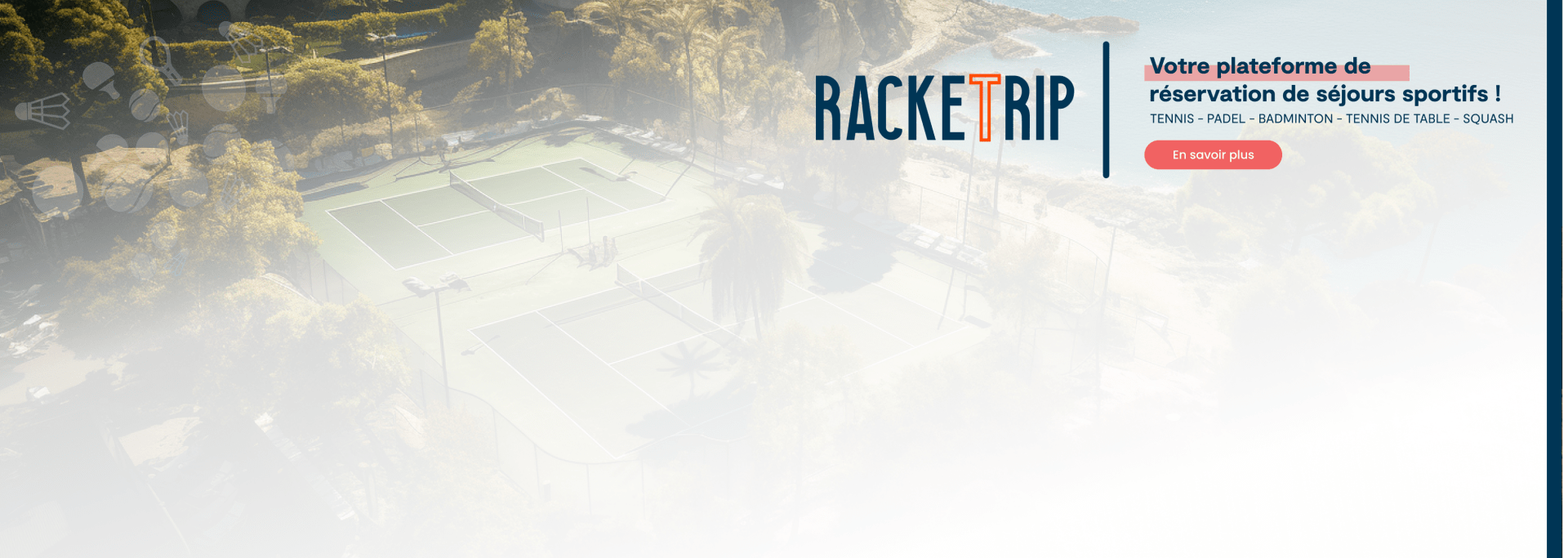


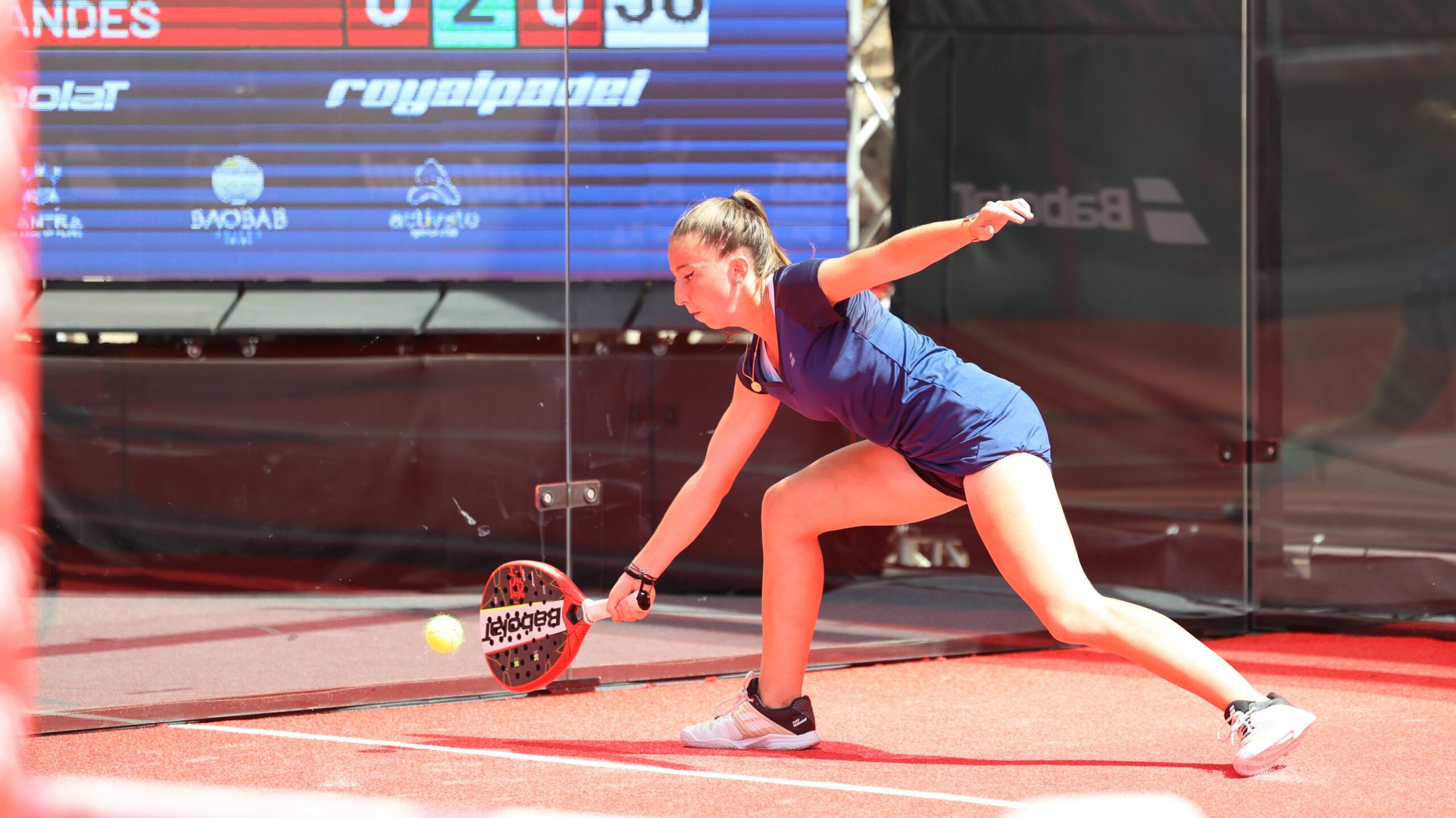














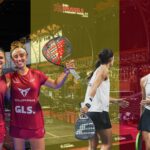



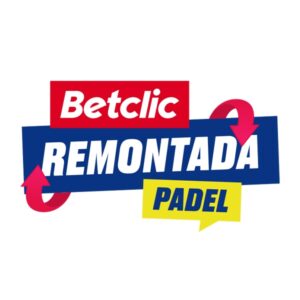







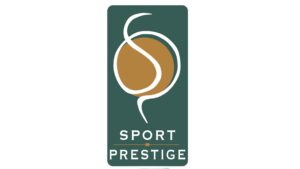
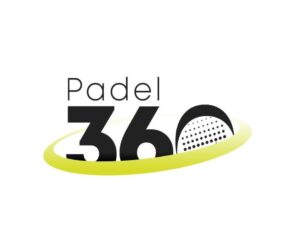
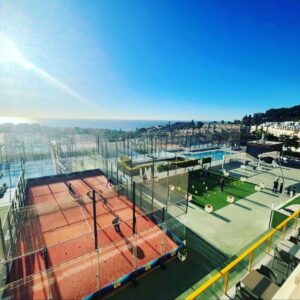




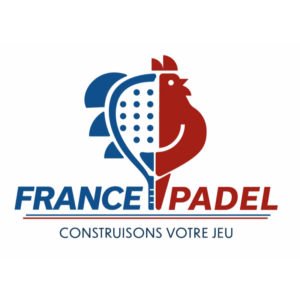

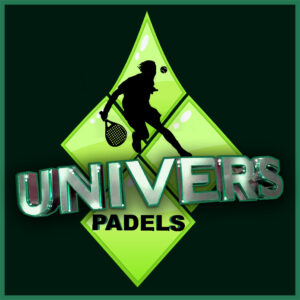


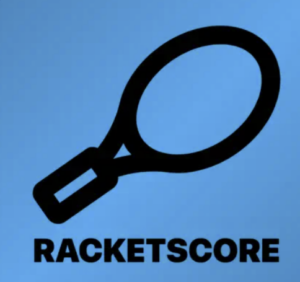
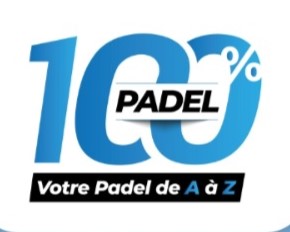
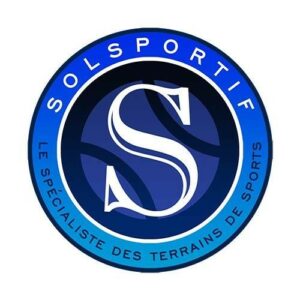

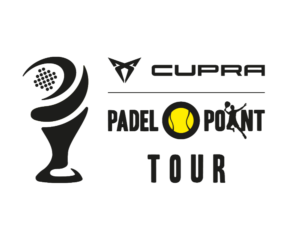

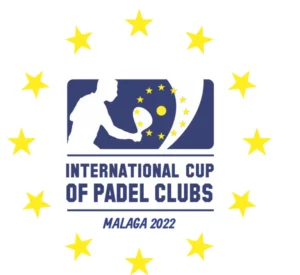
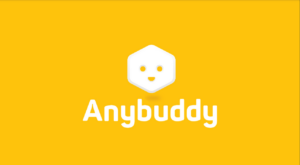



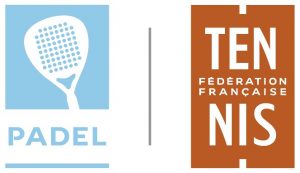
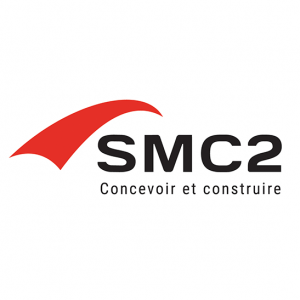

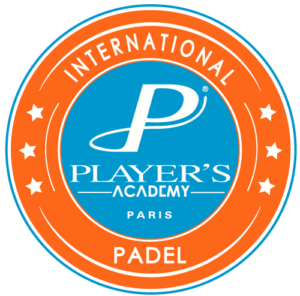
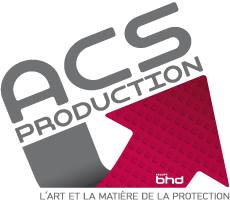
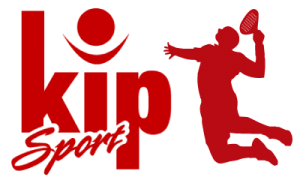



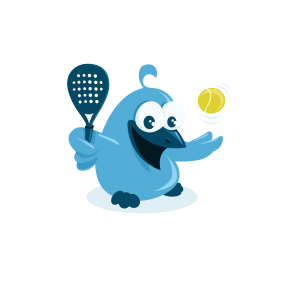

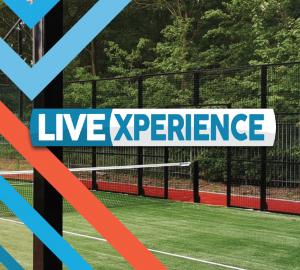


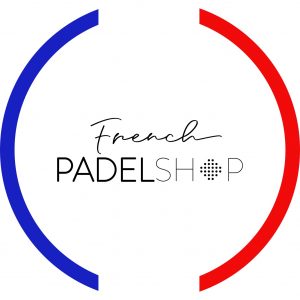
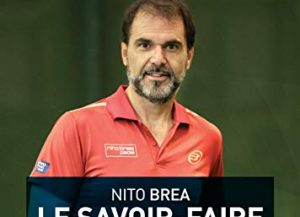
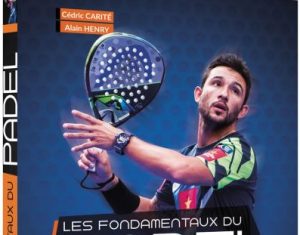


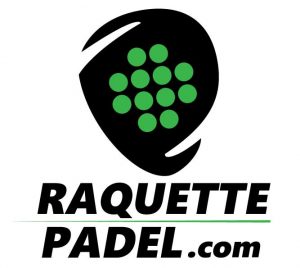
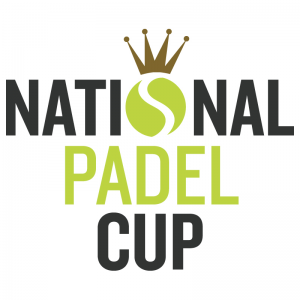
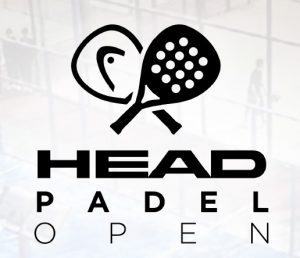




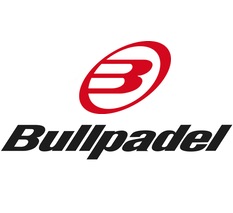
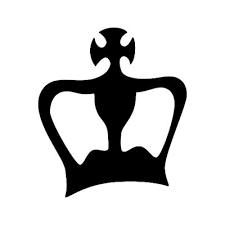
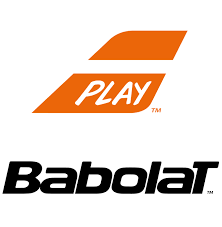


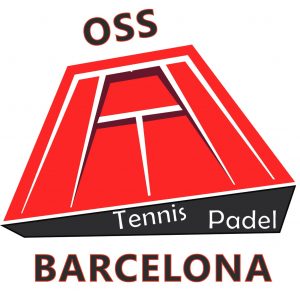
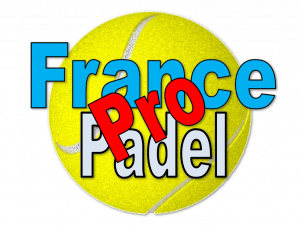


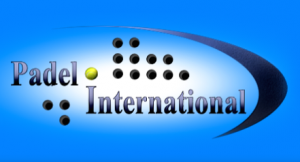

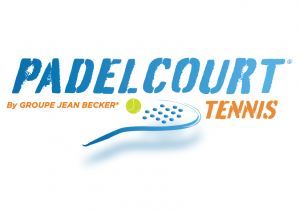
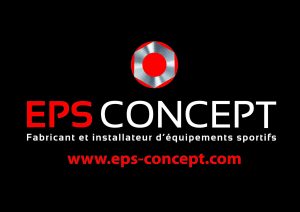
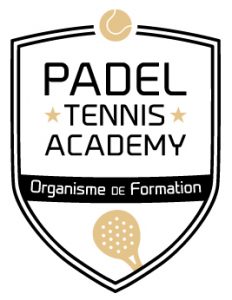
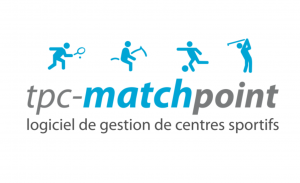

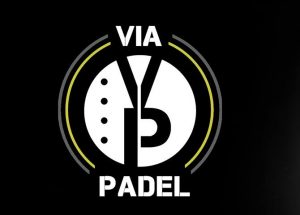




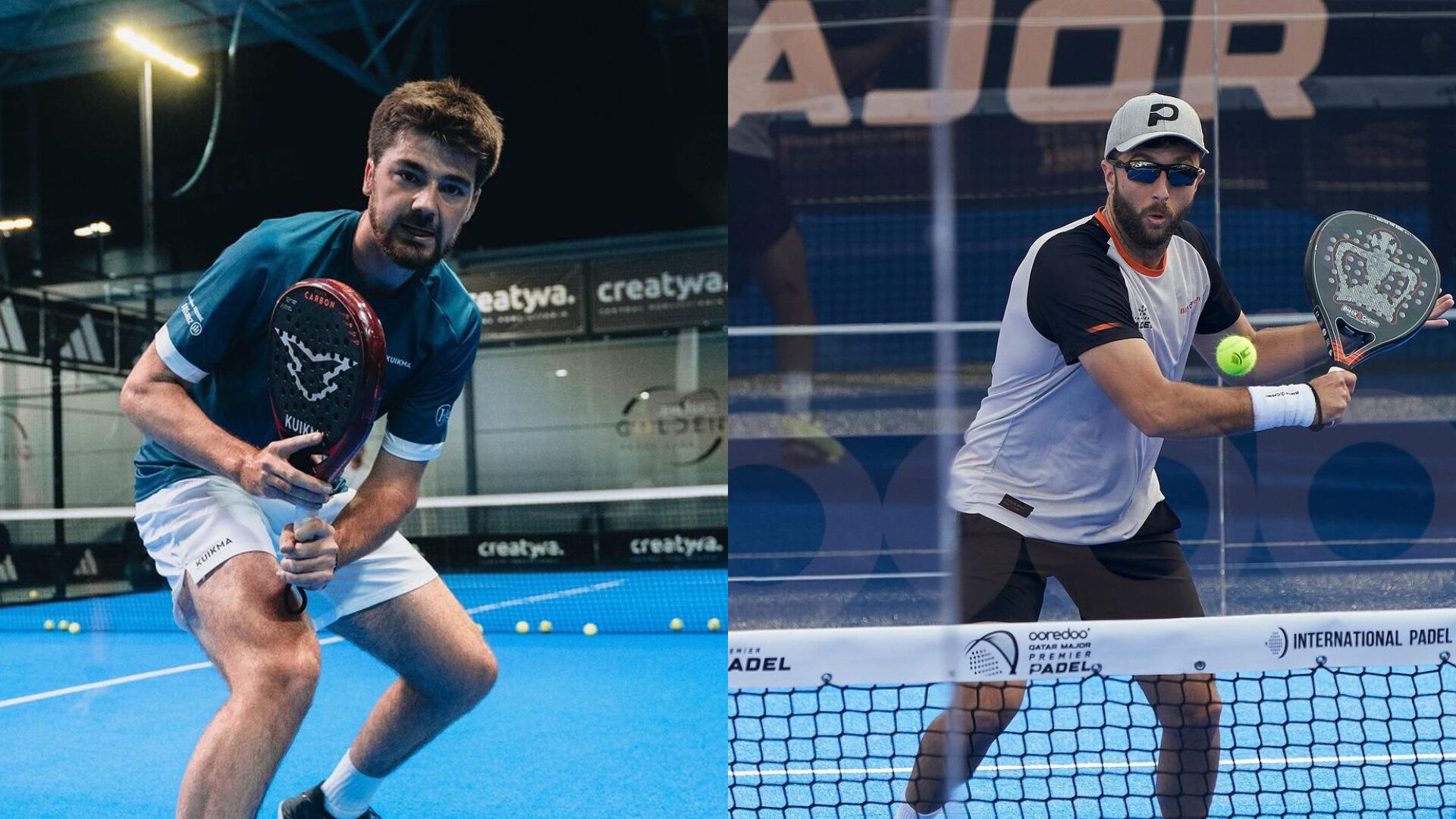 Premier Padel Sevilla P2 – From the waiting list to previas for Dylan Guichard and Ricardo Martinez!
Premier Padel Sevilla P2 – From the waiting list to previas for Dylan Guichard and Ricardo Martinez!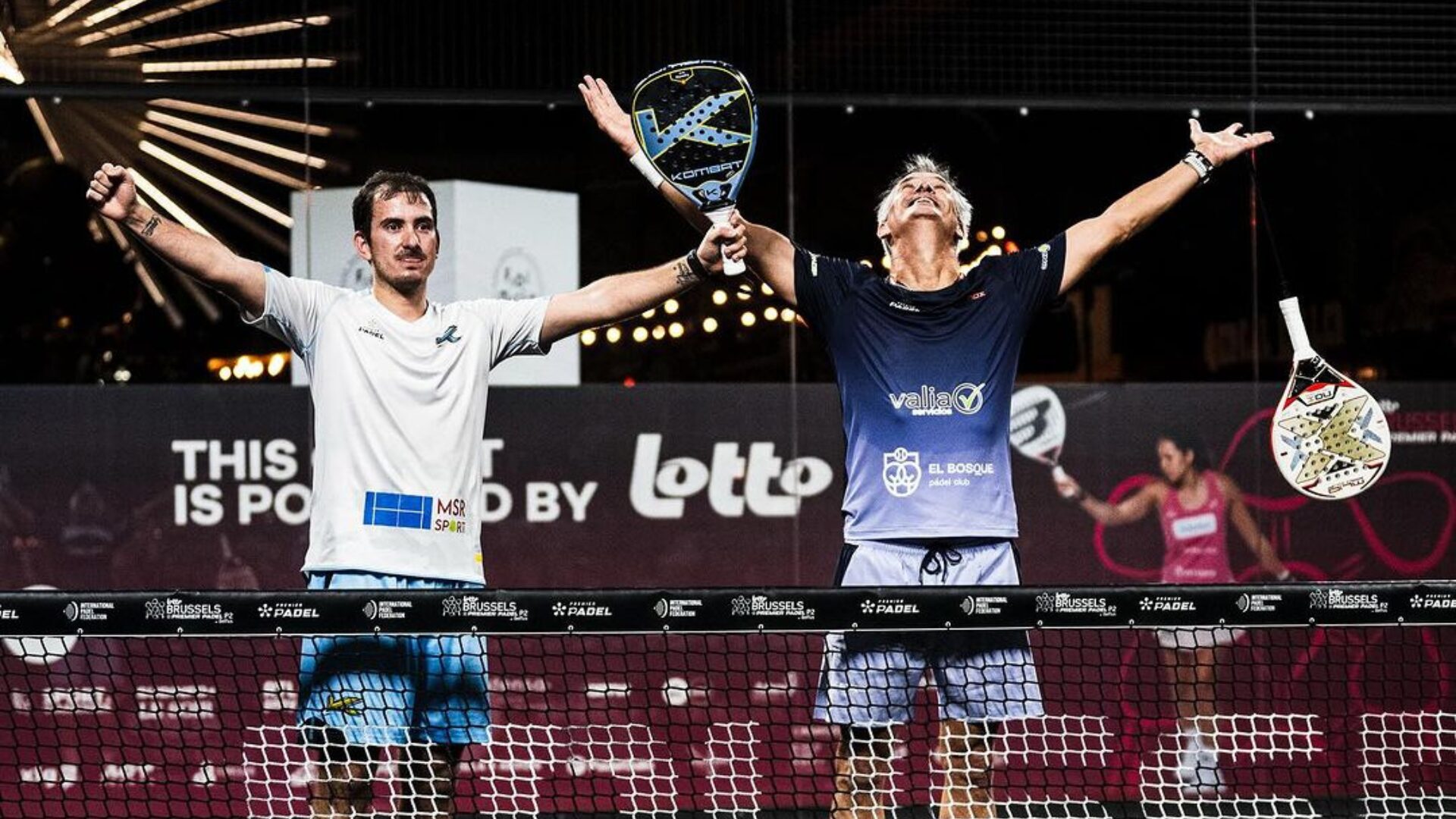 Miguel Lamperti: three tie-breaks and a return to the quarter-finals!
Miguel Lamperti: three tie-breaks and a return to the quarter-finals!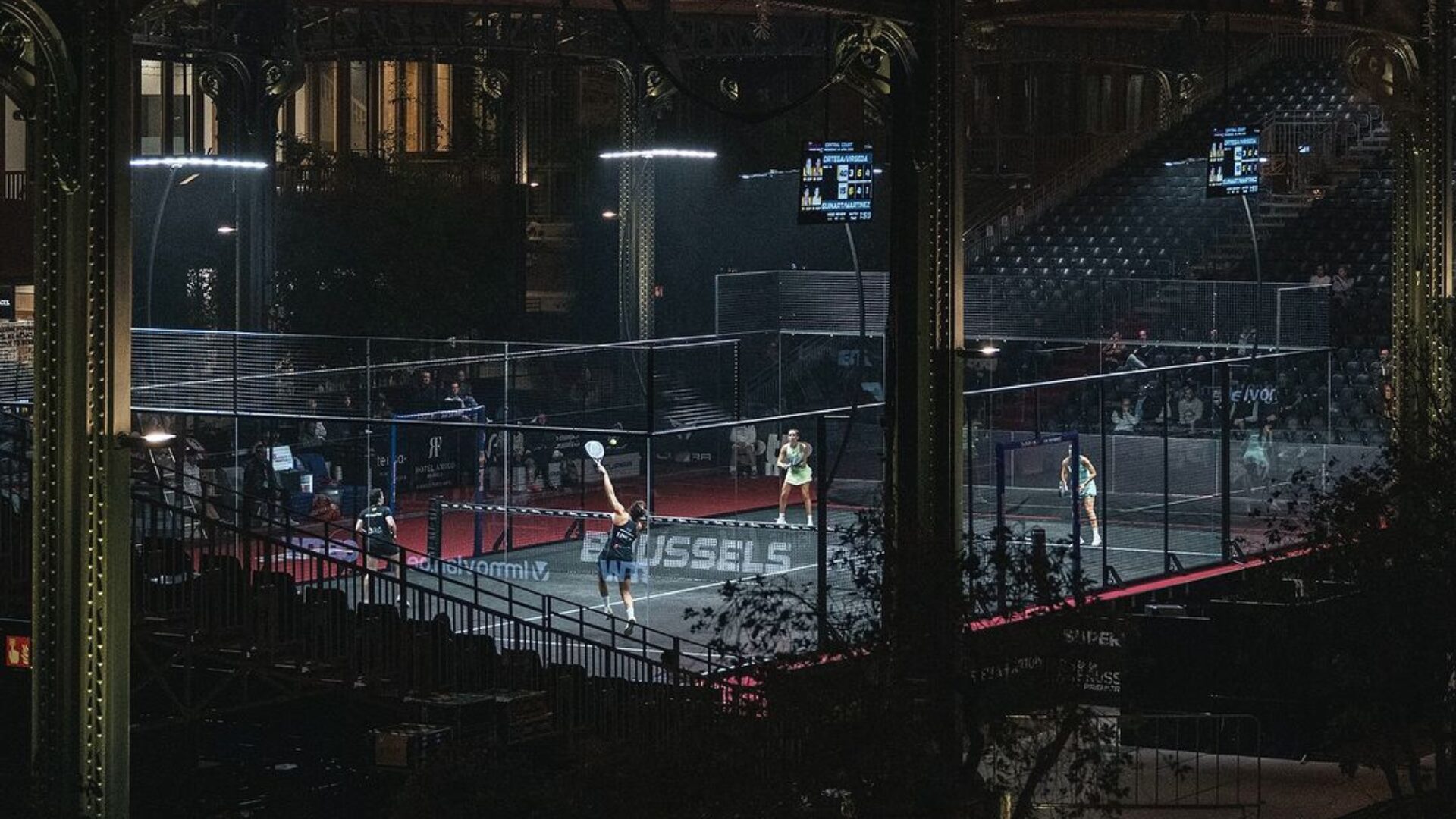 Premier Padel Brussels P2 – Place for the quarter-finals
Premier Padel Brussels P2 – Place for the quarter-finals Guillaume Codron de Sud Padel : “A family project”
Guillaume Codron de Sud Padel : “A family project” Nallé Grinda: “Democratize the padel in the USA with PadelX "
Nallé Grinda: “Democratize the padel in the USA with PadelX "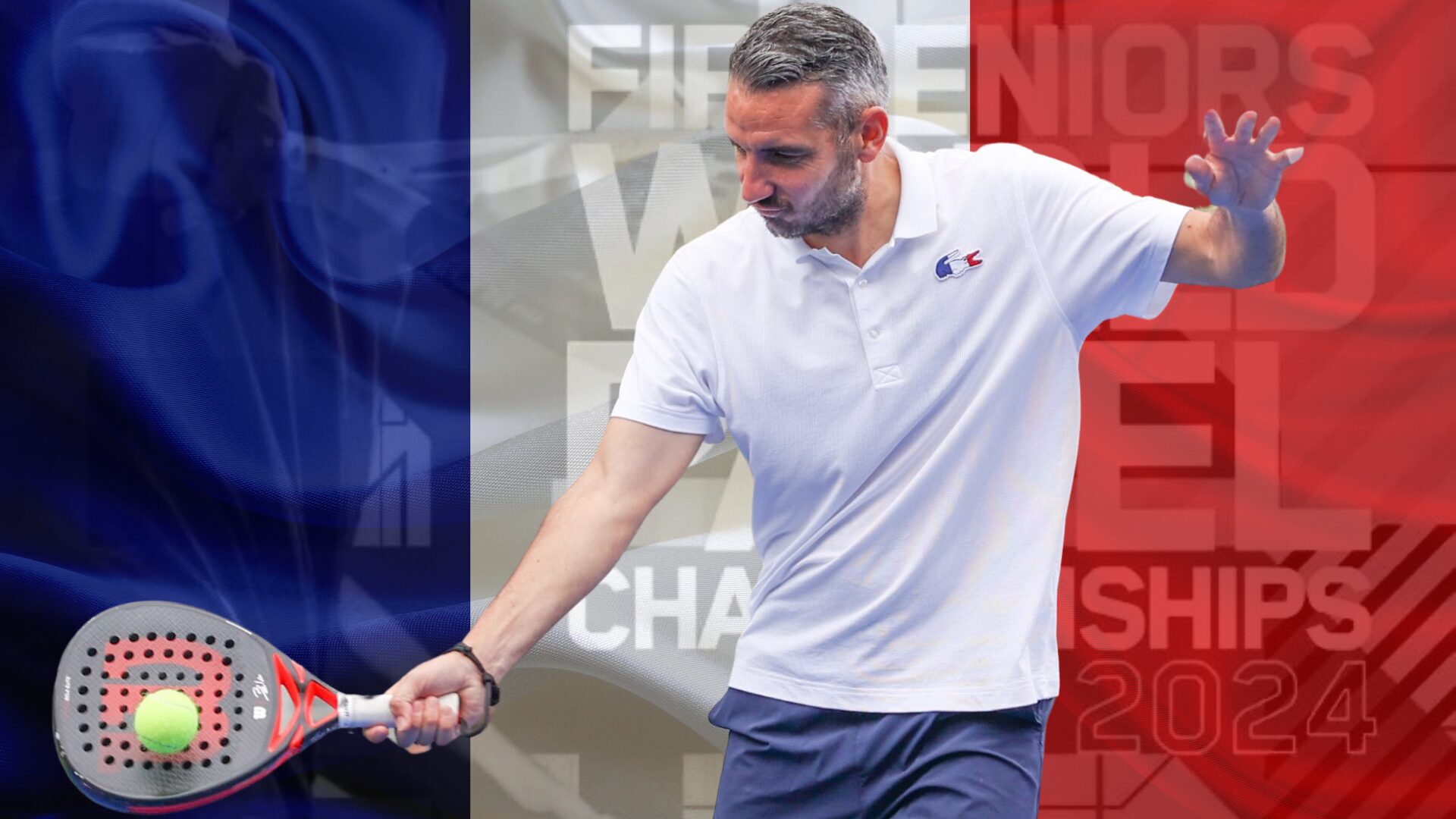 Simon Boissé: “We know that there are two nations in front of us”
Simon Boissé: “We know that there are two nations in front of us”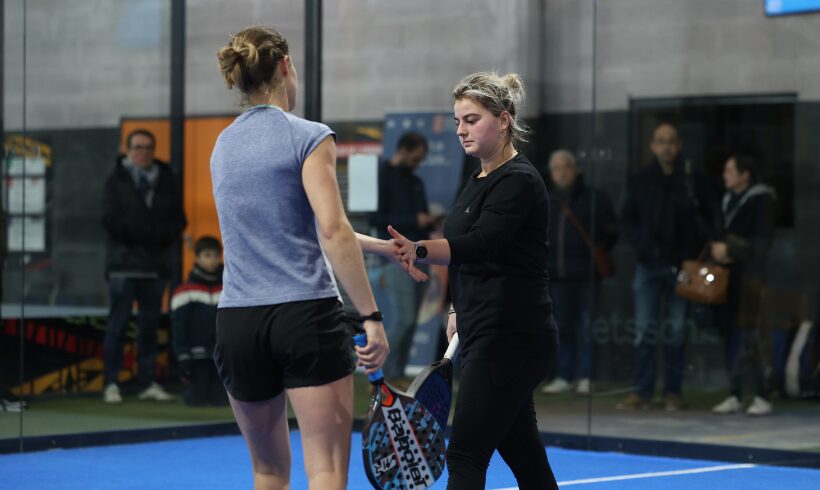 Marie Maligo: “This period of frequent changes of partners was beneficial for me”
Marie Maligo: “This period of frequent changes of partners was beneficial for me”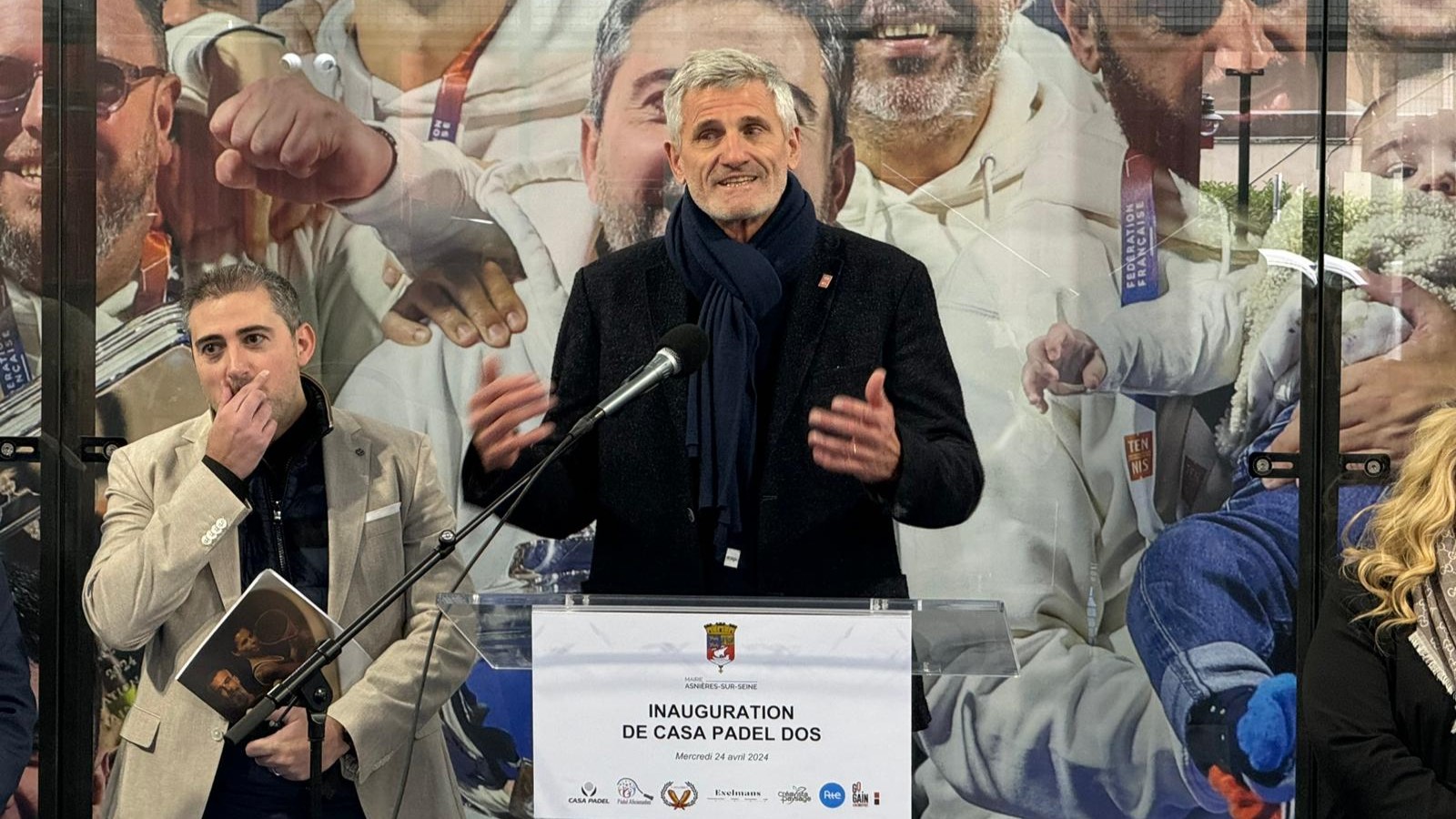 Gilles Moretton: “We will be able to put the padel at the level of tennis”
Gilles Moretton: “We will be able to put the padel at the level of tennis” Two P1000 doubled prize money approaching!
Two P1000 doubled prize money approaching!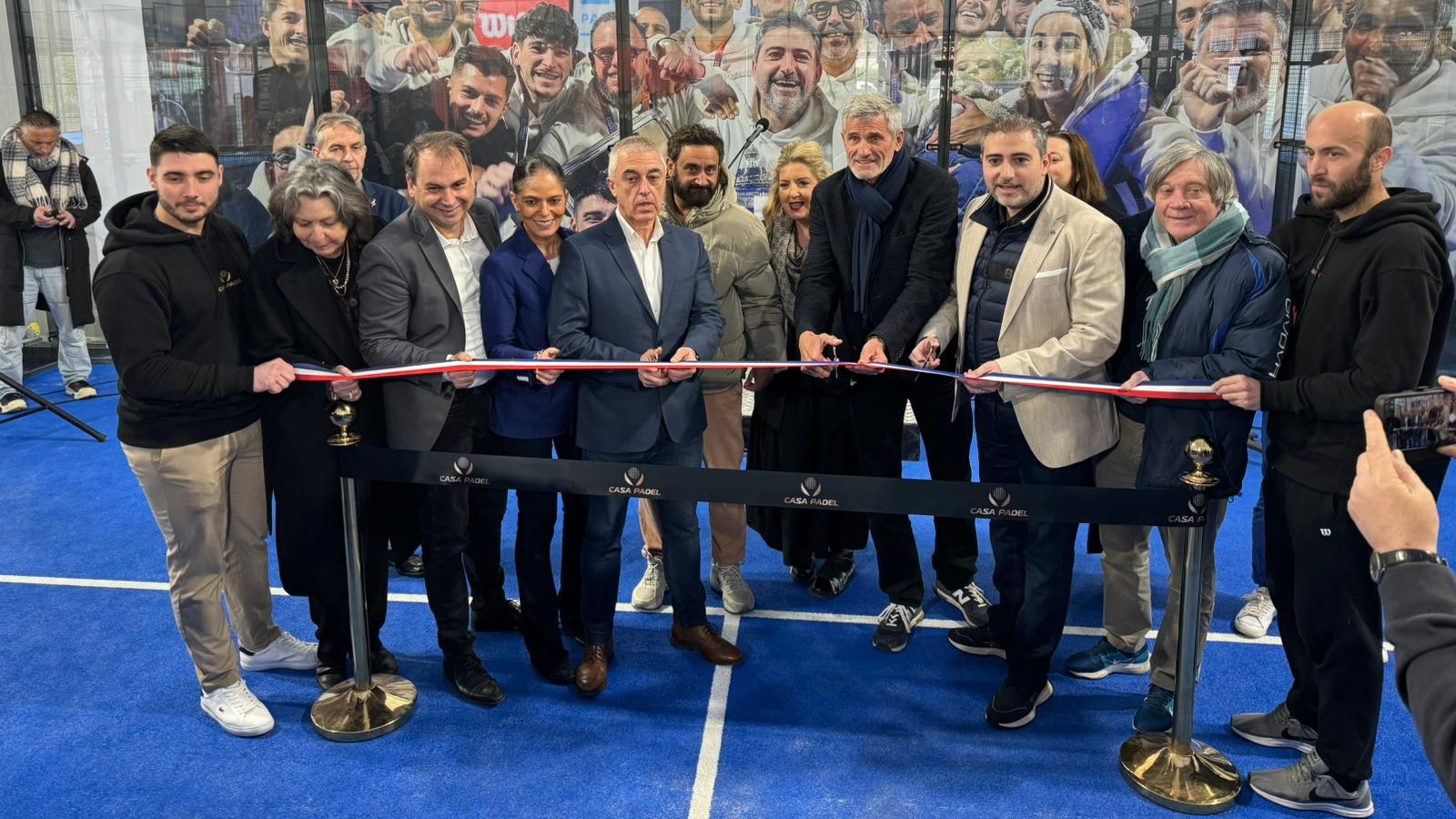 José Manuel Escin at the inauguration of Casa Padel DOS: “Finally, and thank you!”
José Manuel Escin at the inauguration of Casa Padel DOS: “Finally, and thank you!”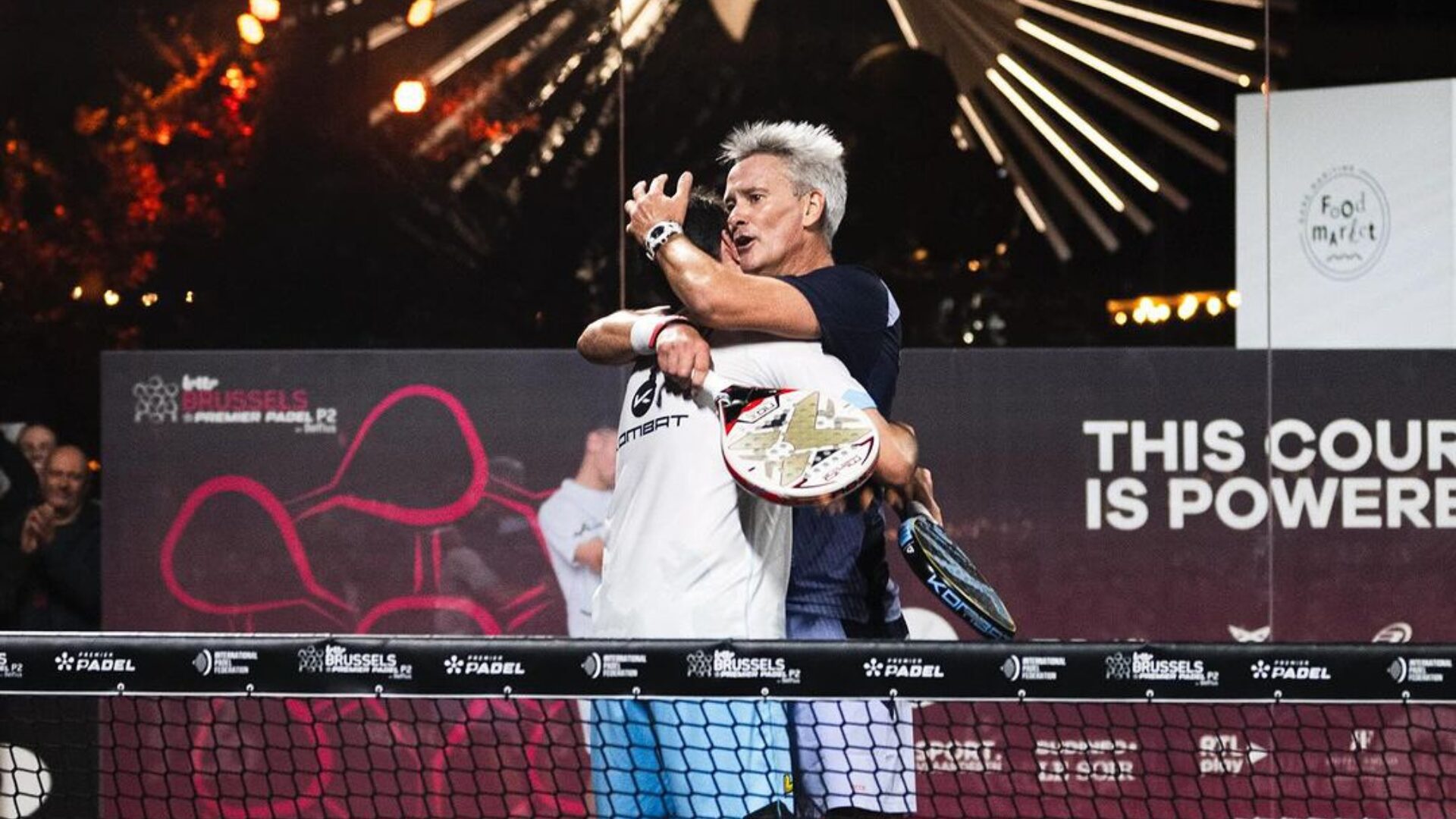 Big evening in Brussels with two seeded players on the mat, heckled number 1s…
Big evening in Brussels with two seeded players on the mat, heckled number 1s…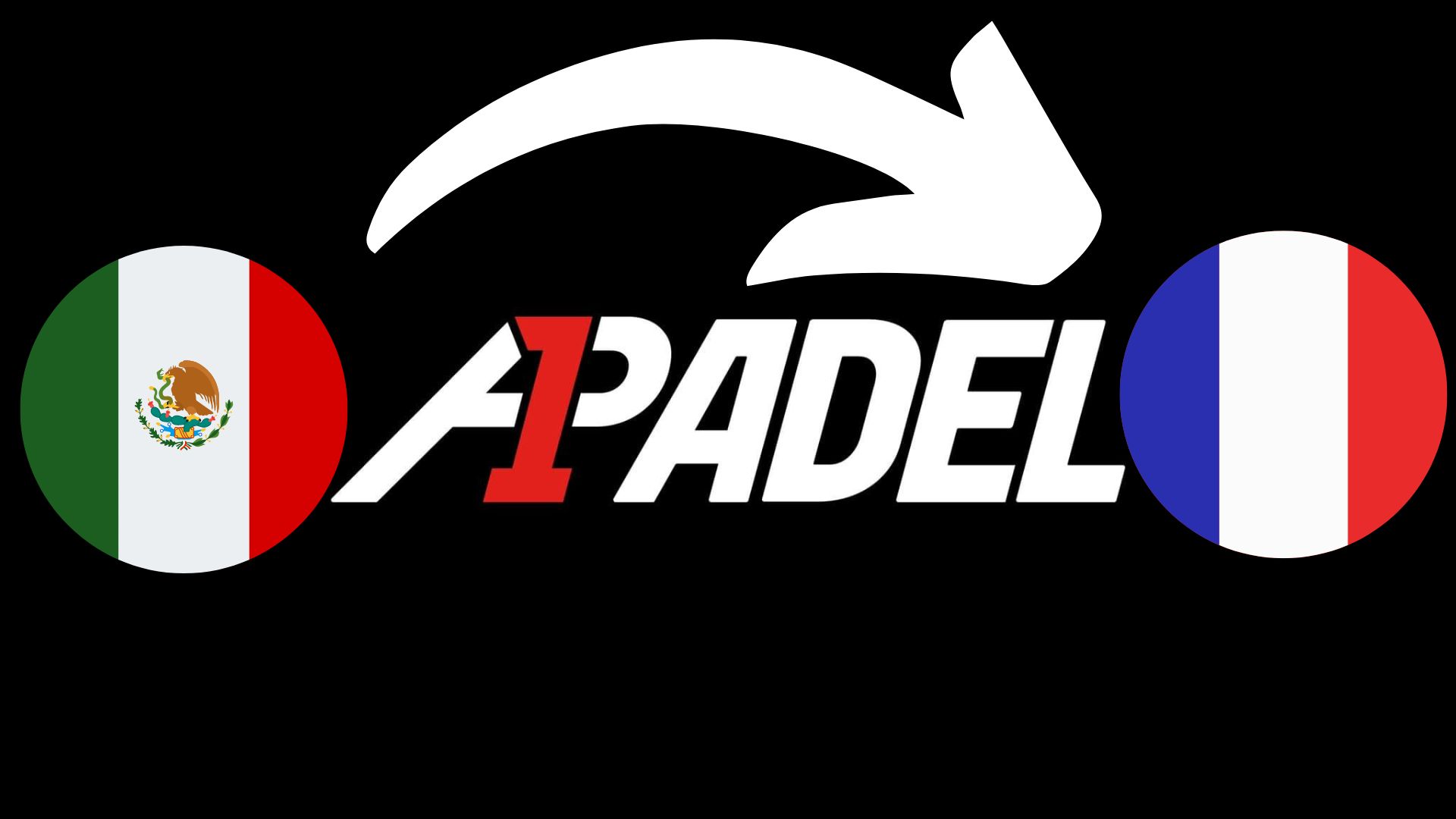 A1 Padel – the French Open replaces the Mexican Open on the calendar
A1 Padel – the French Open replaces the Mexican Open on the calendar 4 Fiberglass Padel Courts for The Ville de Paris: a choice that looks to the future
4 Fiberglass Padel Courts for The Ville de Paris: a choice that looks to the future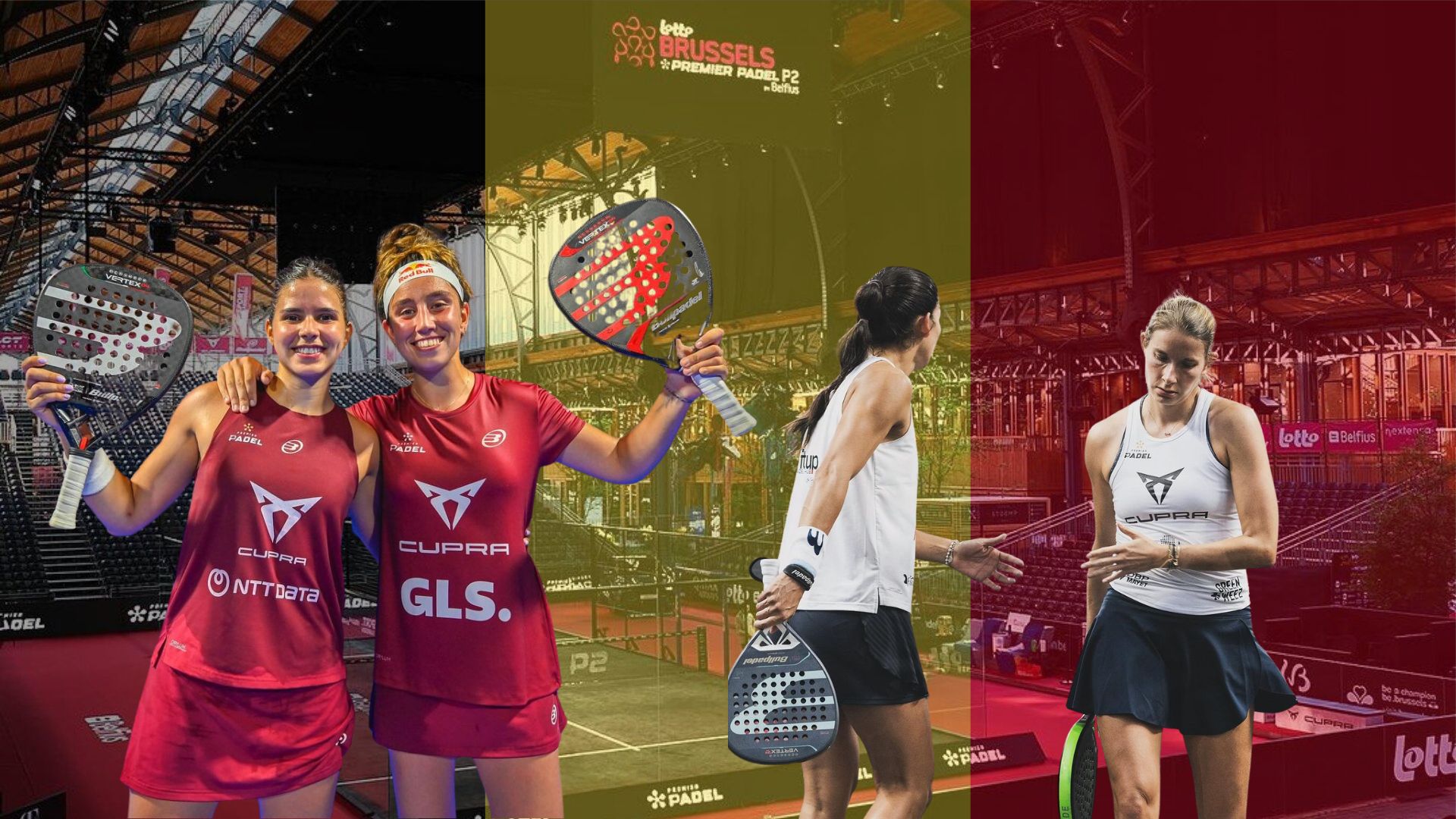 Brussels Premier Padel Brussels P2 – Collombon / Bidahorria falls against Brea / Gonzalez
Brussels Premier Padel Brussels P2 – Collombon / Bidahorria falls against Brea / Gonzalez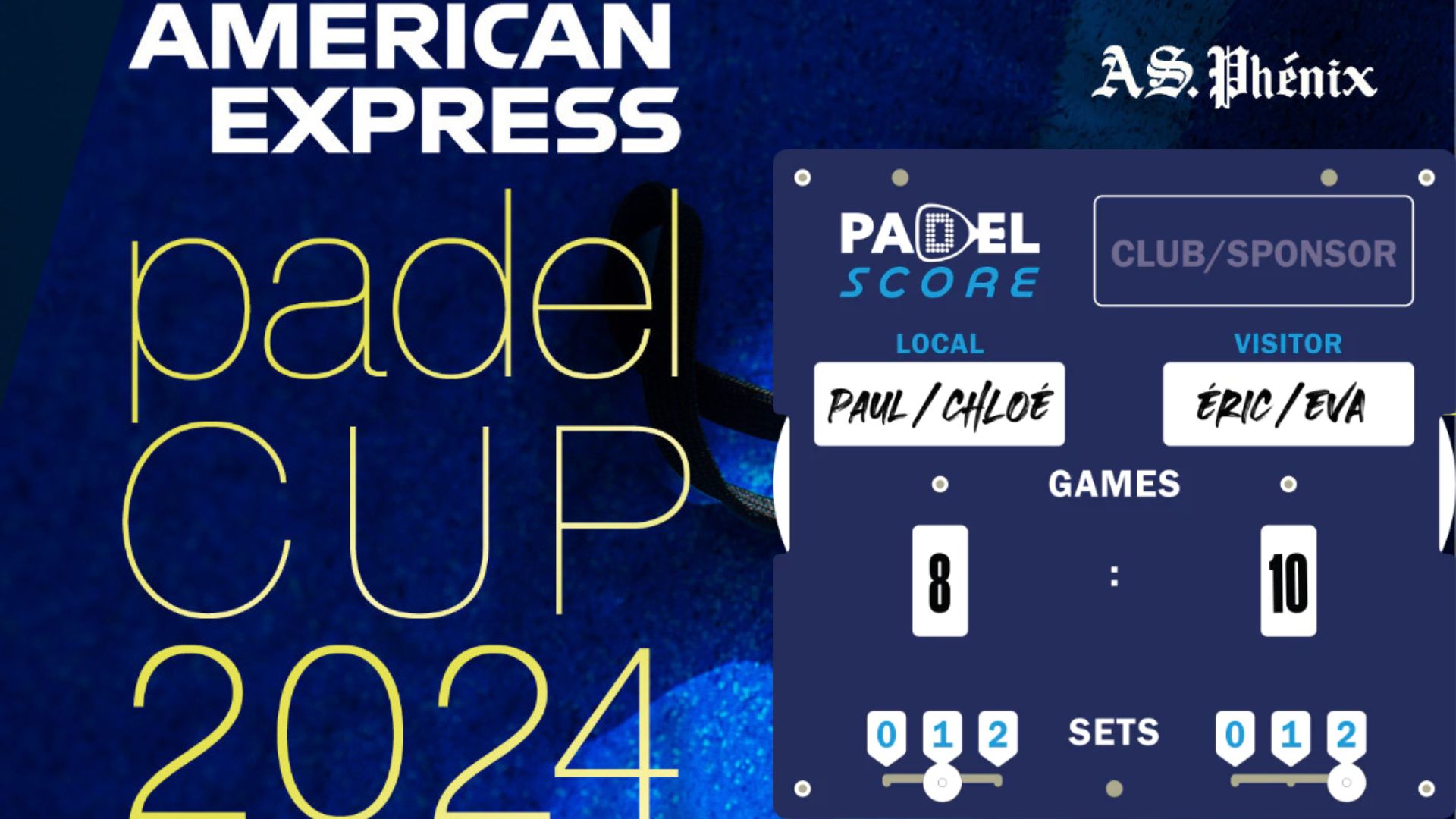 Padel Score comes to Tahiti for American Express Padel Cup!
Padel Score comes to Tahiti for American Express Padel Cup!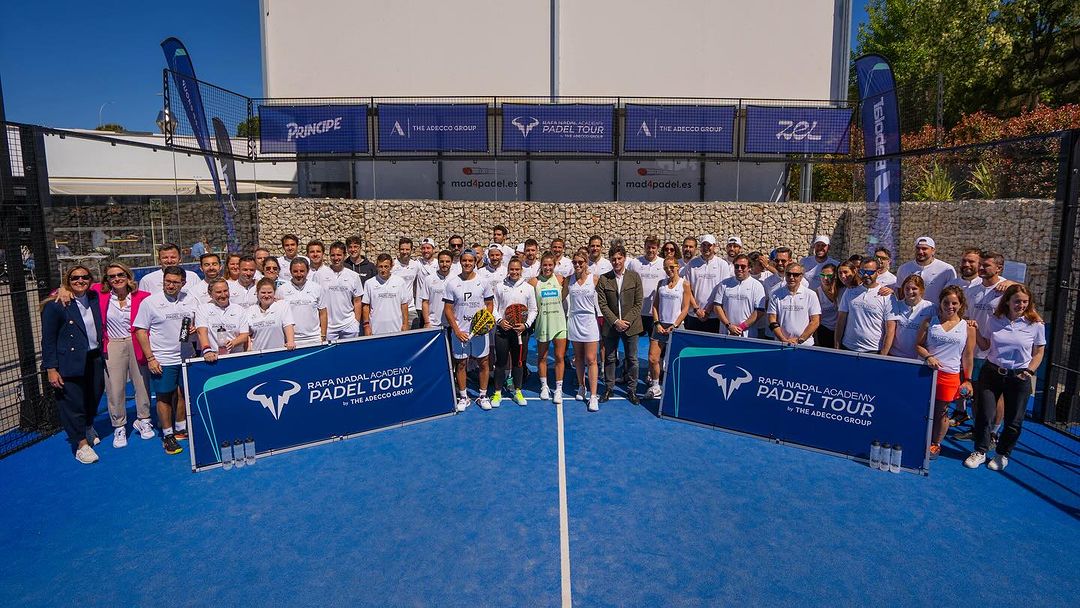 Do you know the Rafa Nadal Academy Tour?
Do you know the Rafa Nadal Academy Tour?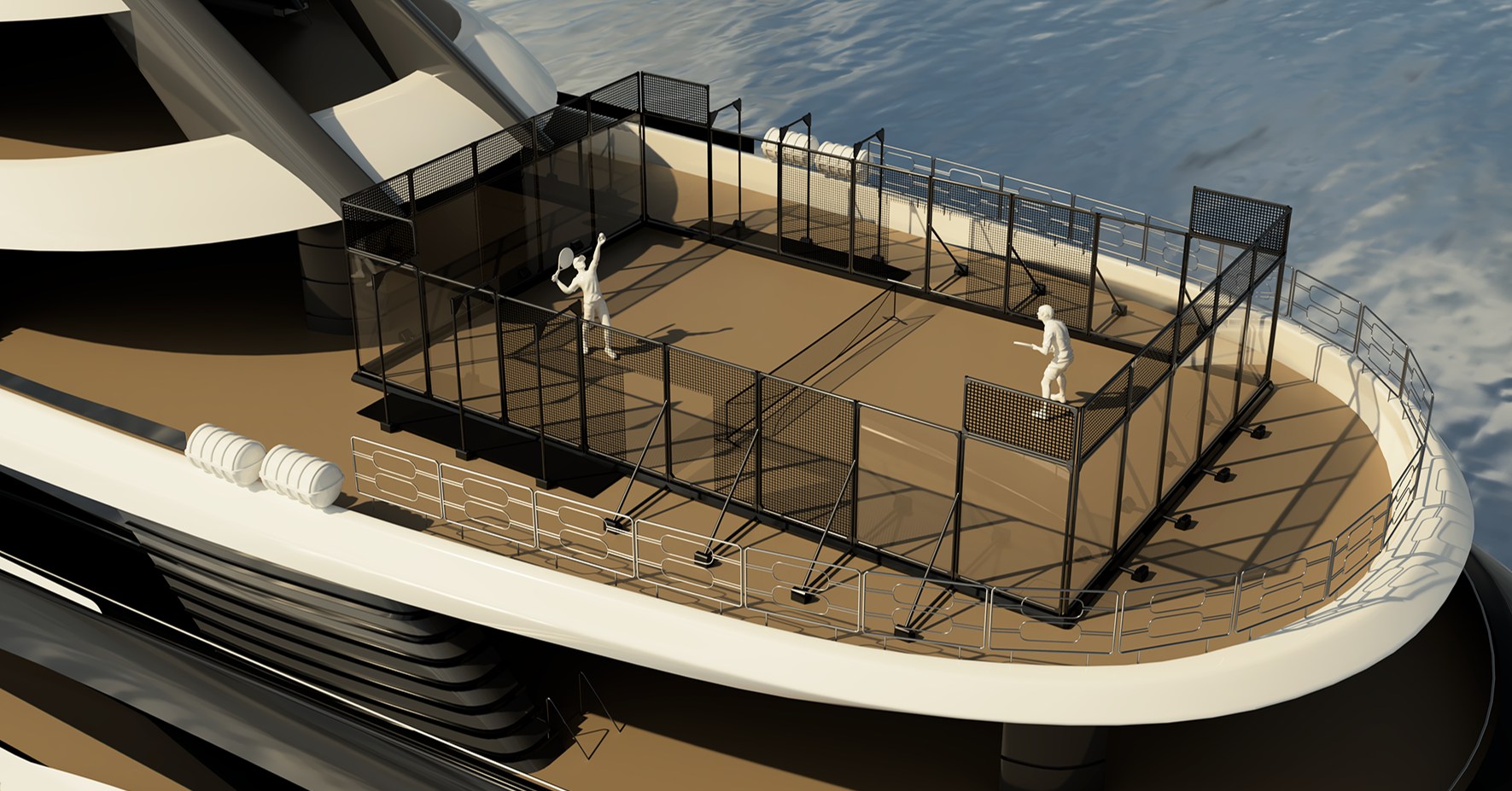 Play at padel on his yacht? Possible for €233.000!
Play at padel on his yacht? Possible for €233.000! Our Top 10 training courses padel in France and Europe
Our Top 10 training courses padel in France and Europe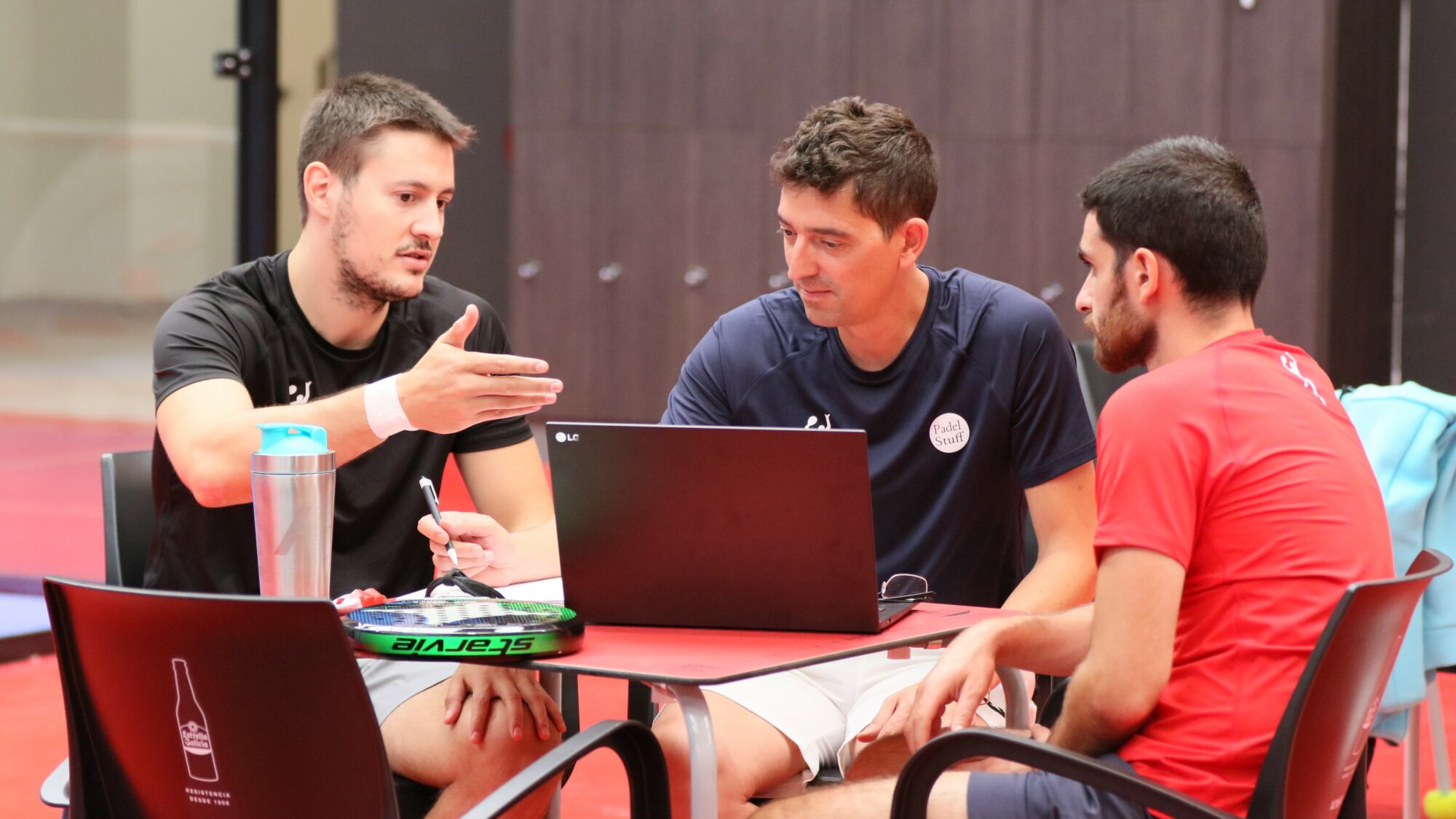 At the heart of padel – Episode 25: Paul and Andoni answer your questions
At the heart of padel – Episode 25: Paul and Andoni answer your questions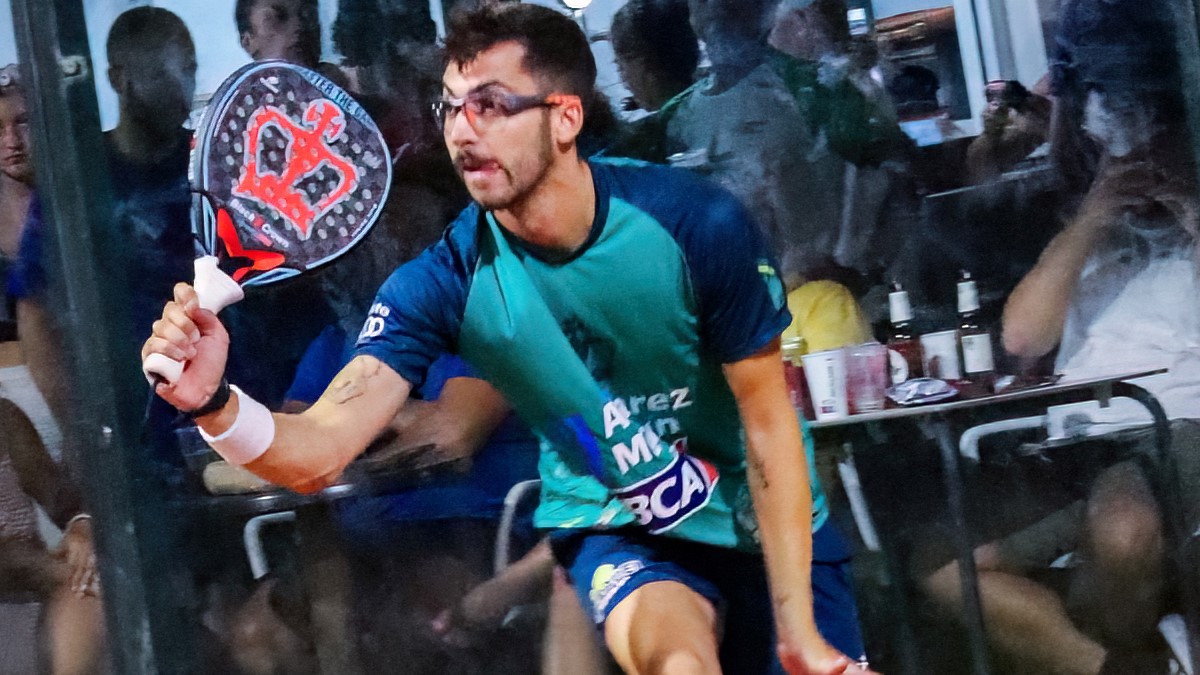 Tactical padel – What to do when faced with players who systematically stay at the bottom?
Tactical padel – What to do when faced with players who systematically stay at the bottom?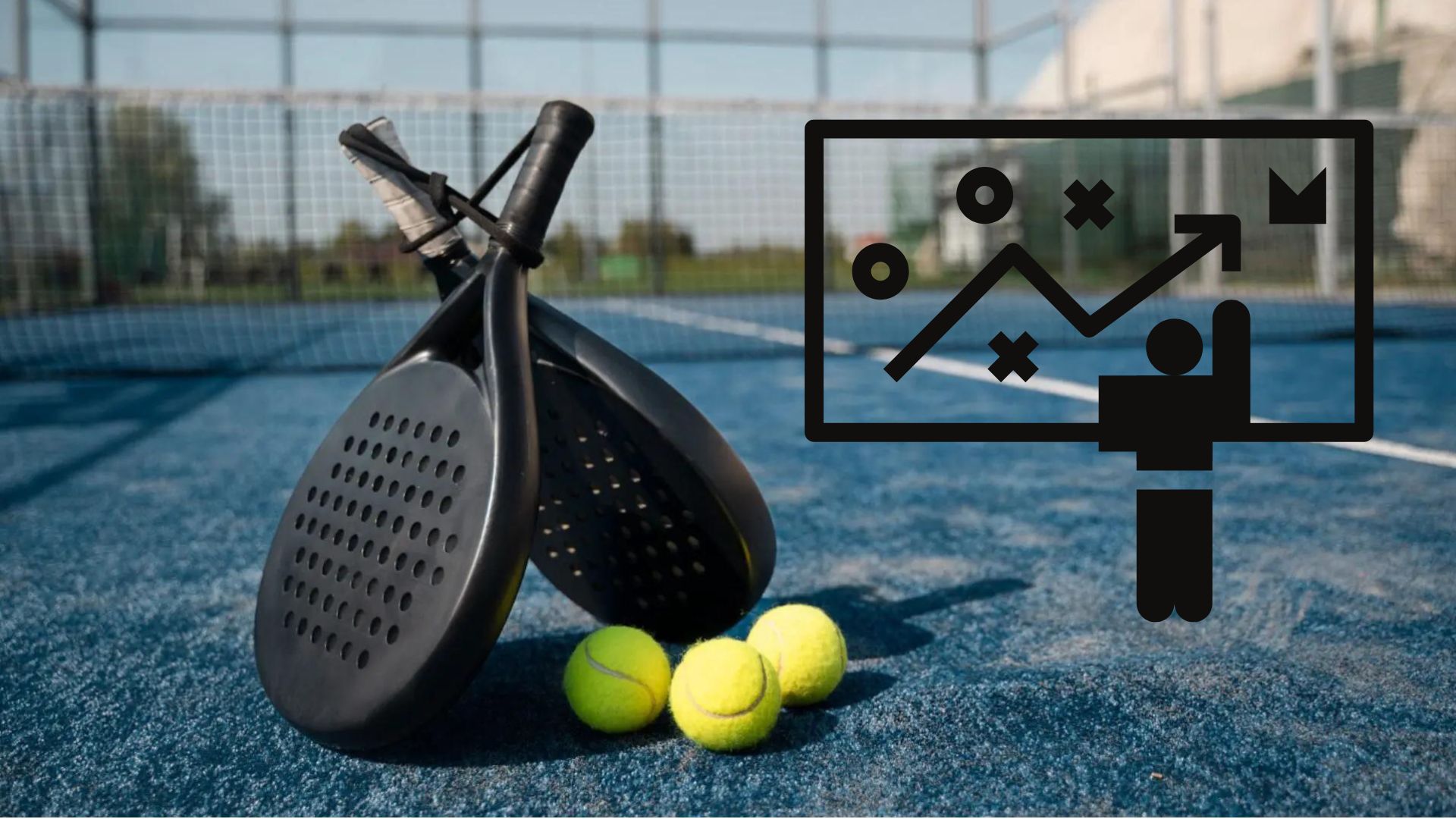 The basic tactics of padel
The basic tactics of padel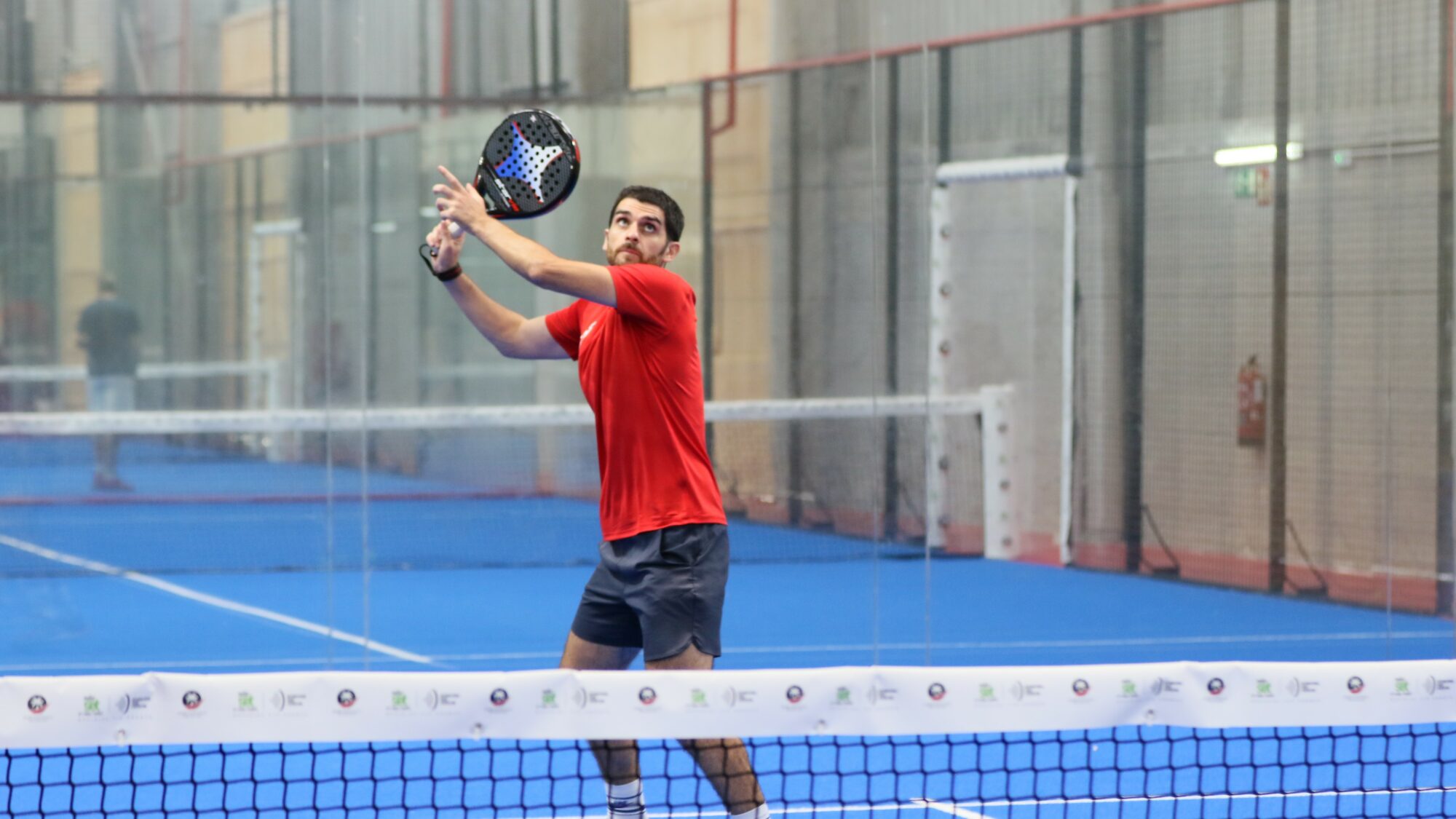 At the heart of padel – Episode 25: Paul and Andoni answer your questions
At the heart of padel – Episode 25: Paul and Andoni answer your questions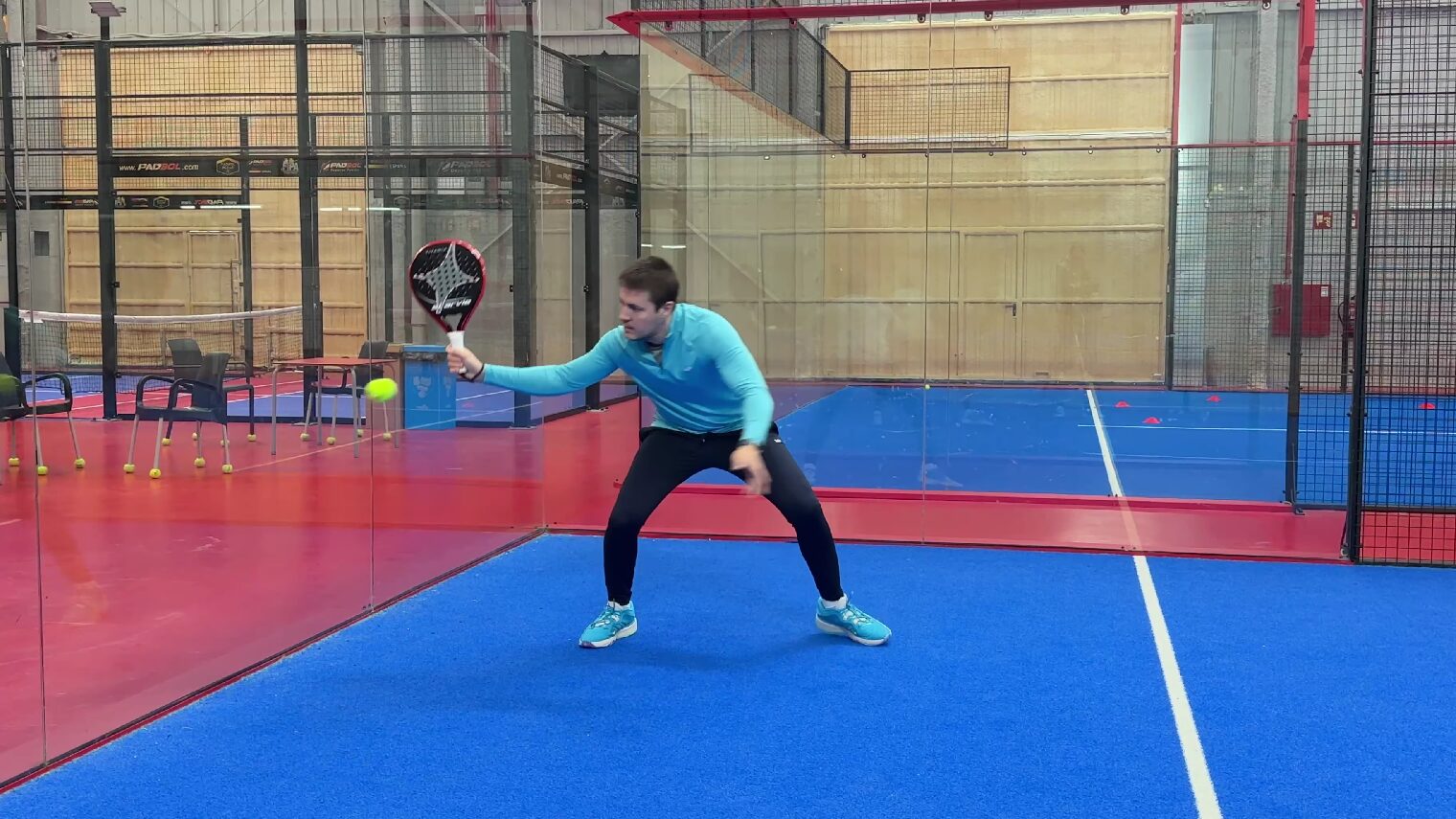 At the heart of padel – Episode 23: defend the window well
At the heart of padel – Episode 23: defend the window well Prohibition on playing topless Padel : the reasons
Prohibition on playing topless Padel : the reasons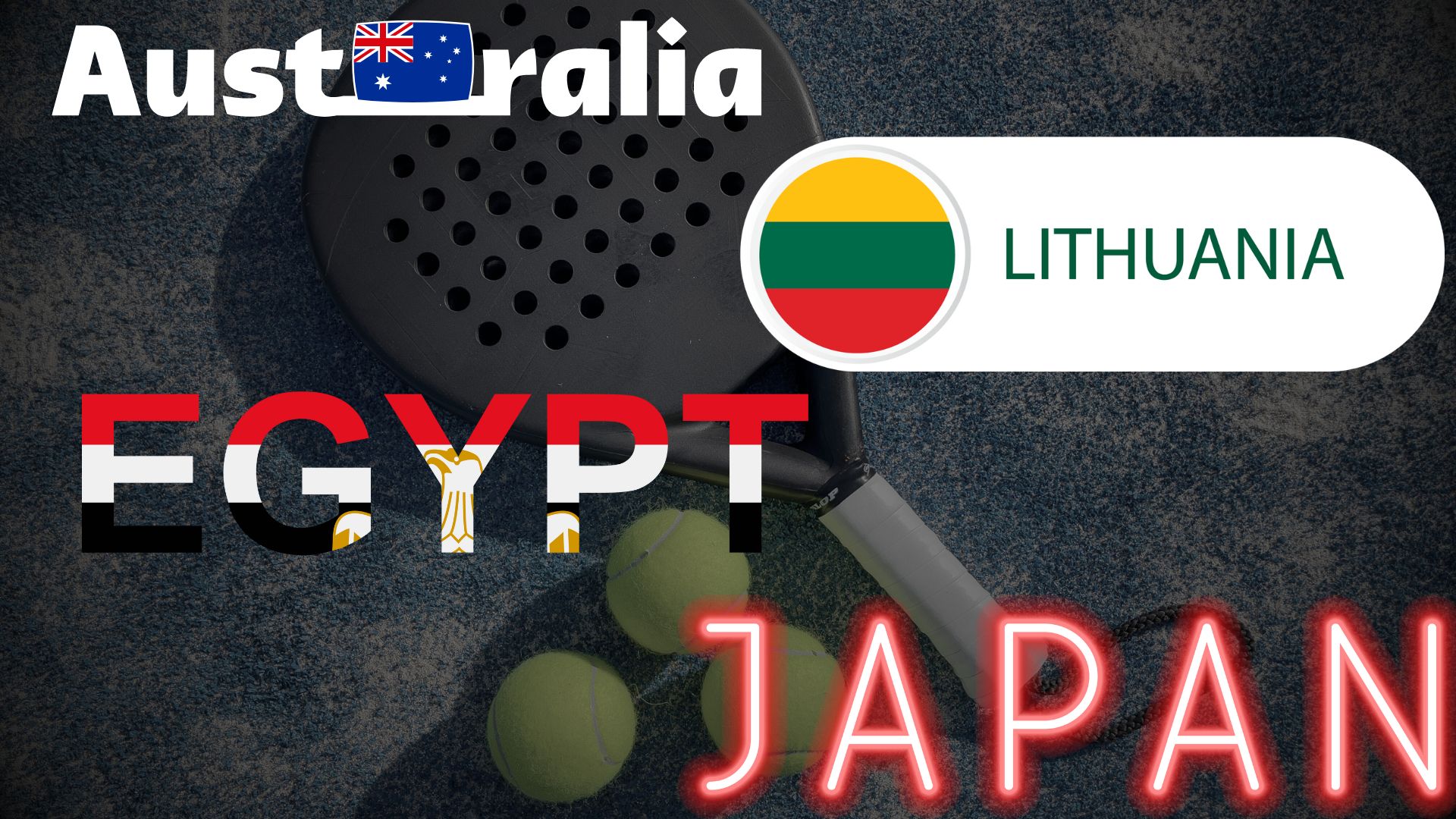 FIP Tour – Going far from Europe, THE strategy to earn points!
FIP Tour – Going far from Europe, THE strategy to earn points!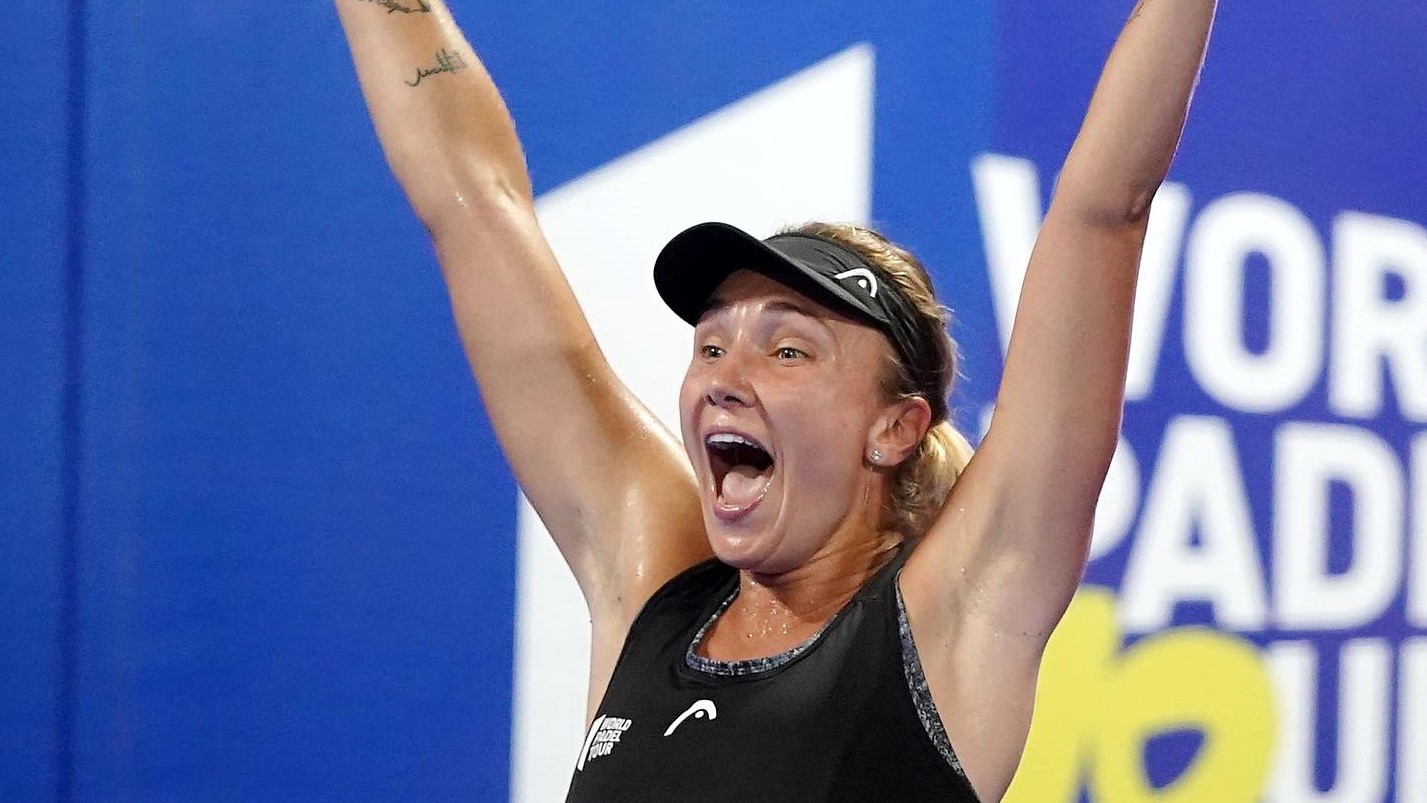 What is a good football player? padel ?
What is a good football player? padel ?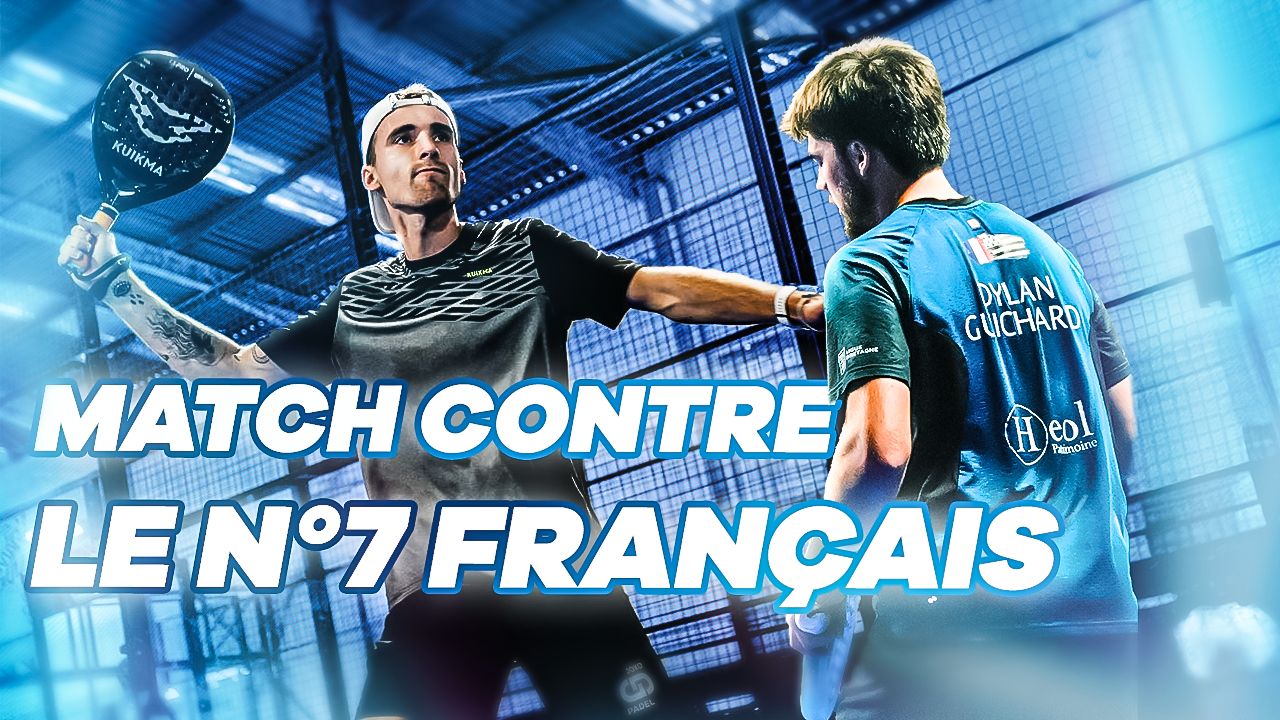 “Lefties give me headaches when I play against them!”
“Lefties give me headaches when I play against them!”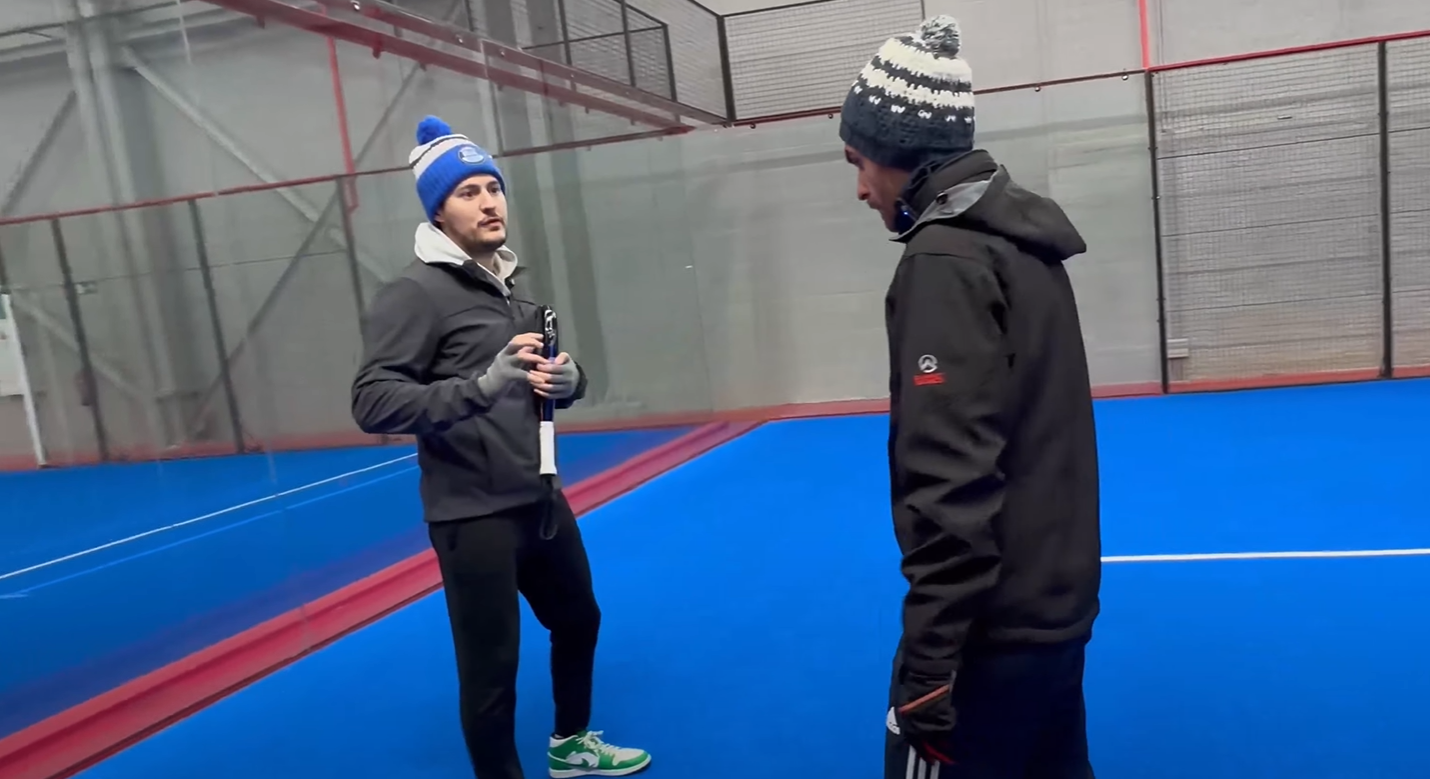 At the heart of padel – Episode 14: how to earn points in winter?
At the heart of padel – Episode 14: how to earn points in winter?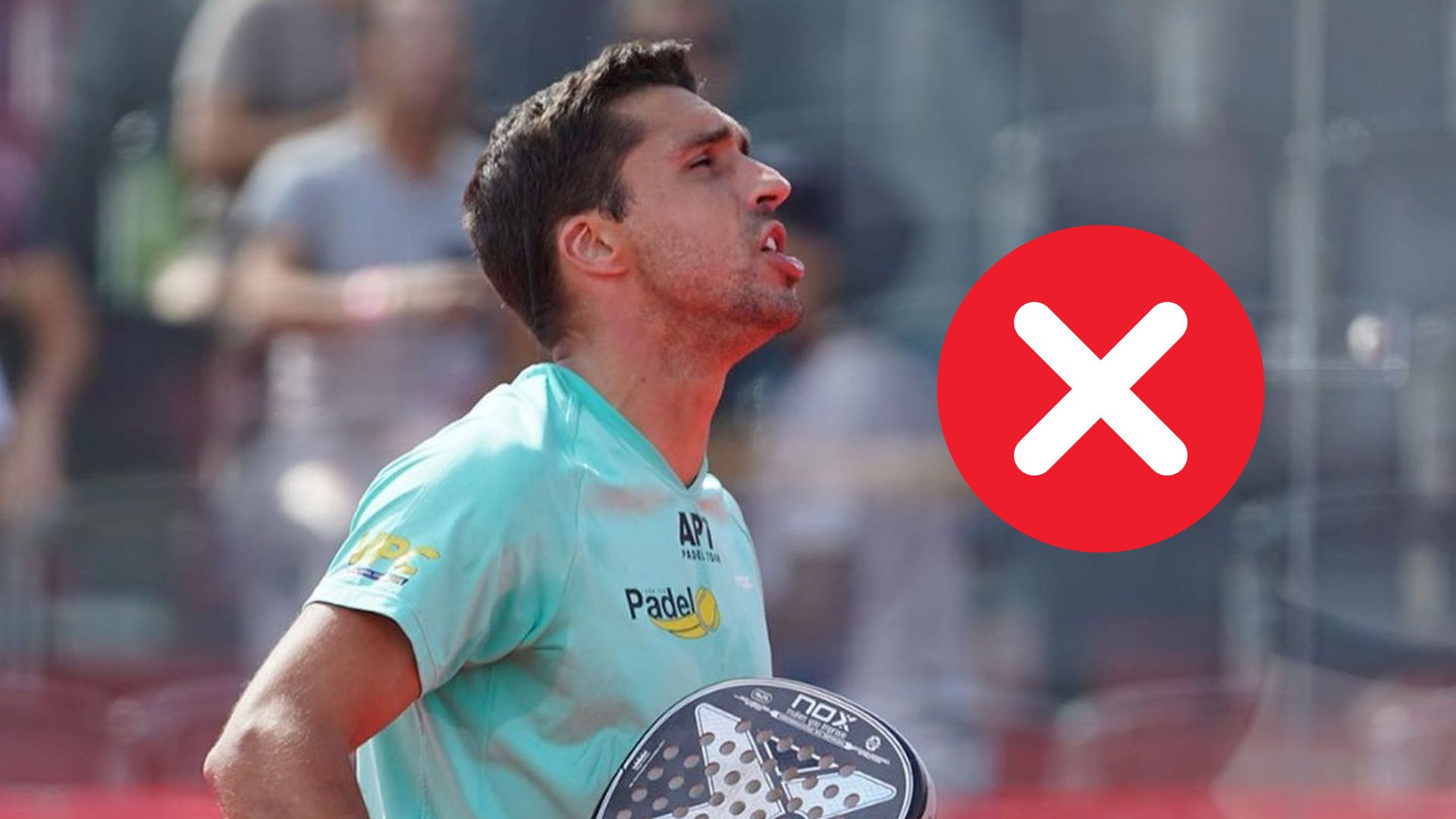 A par 4 is always a winner...even if you manage to defend it!
A par 4 is always a winner...even if you manage to defend it!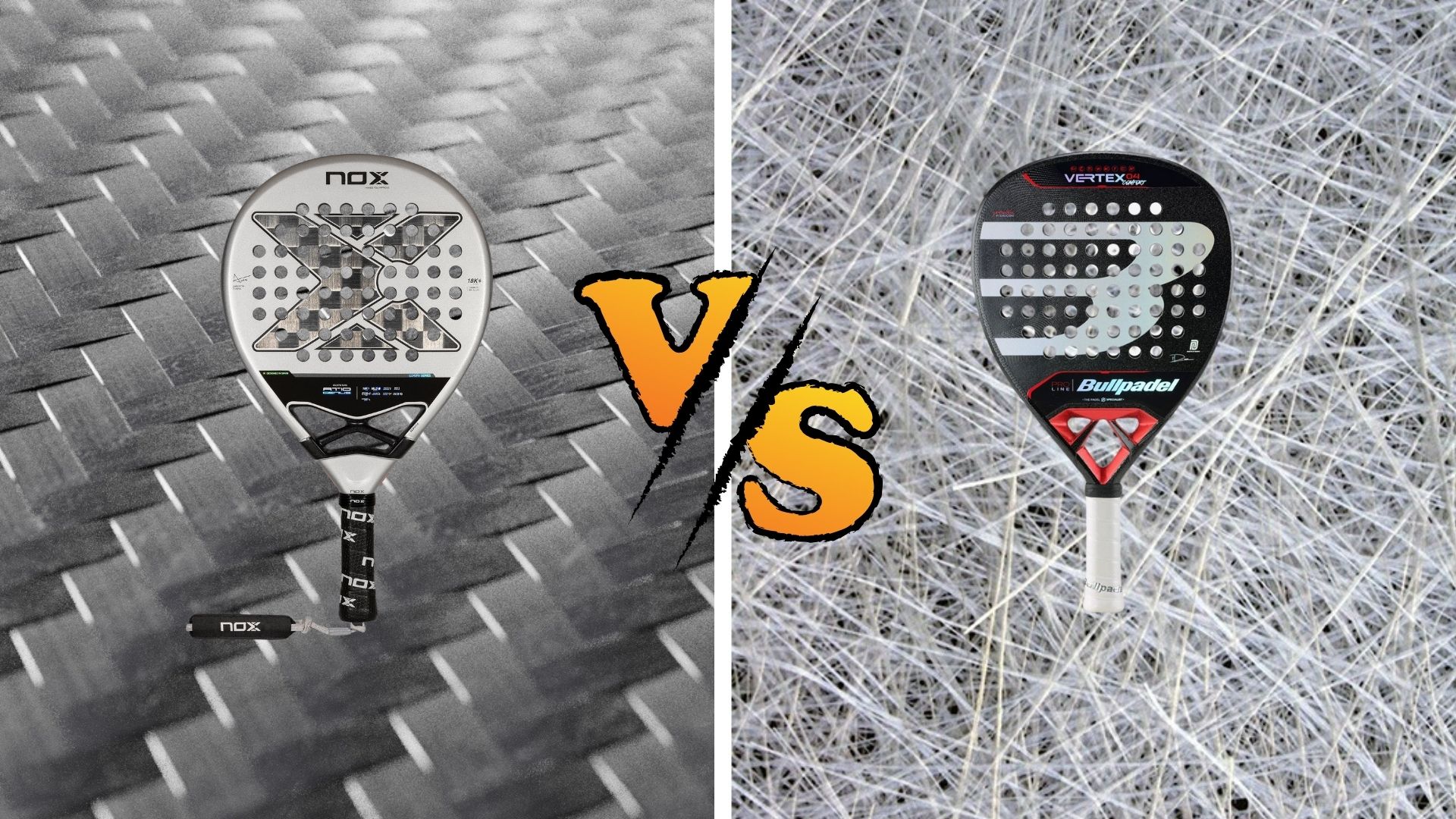 Carbon fiber VS fiberglass: what to choose?
Carbon fiber VS fiberglass: what to choose?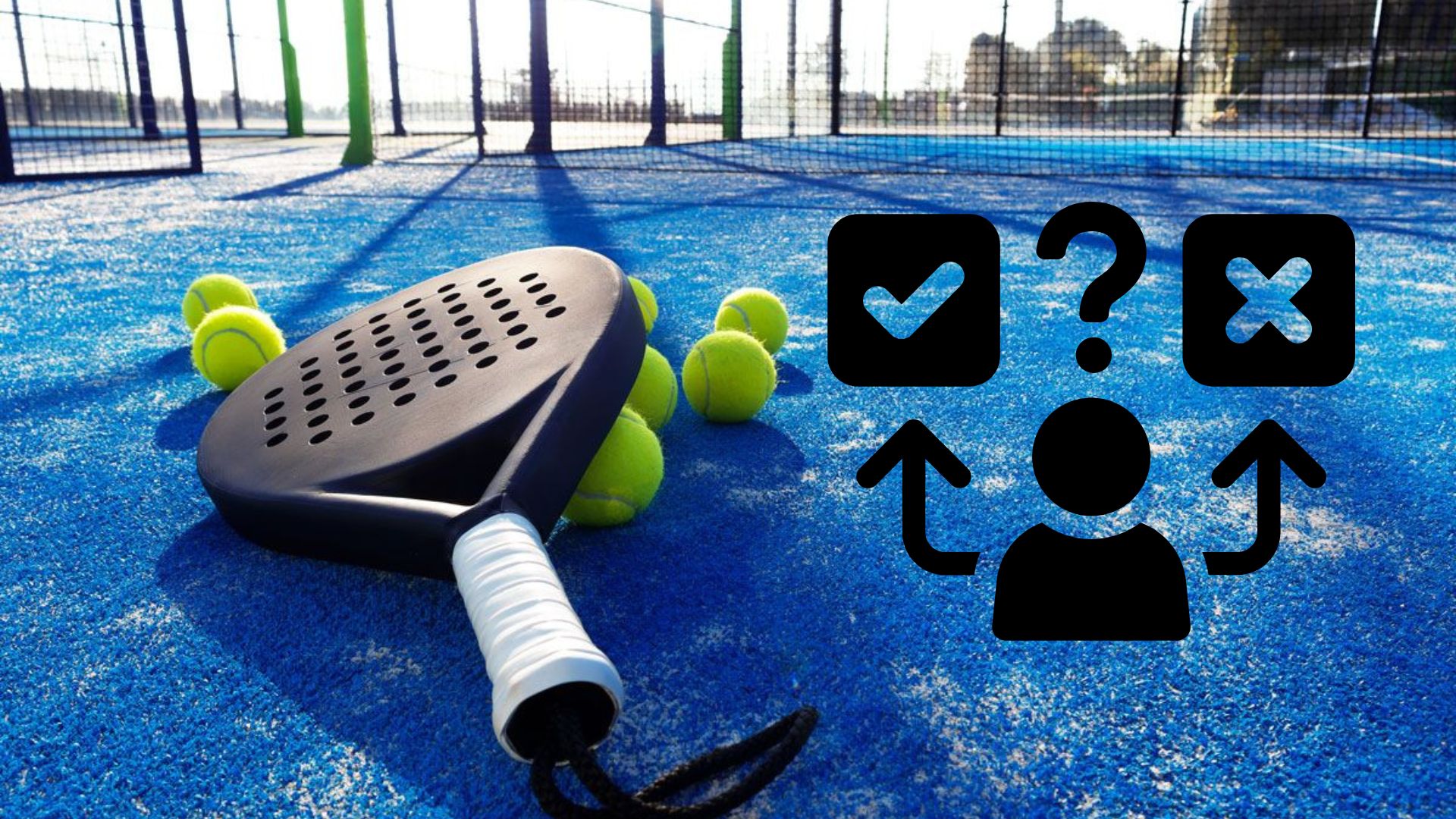 How to effectively test a racket padel ?
How to effectively test a racket padel ?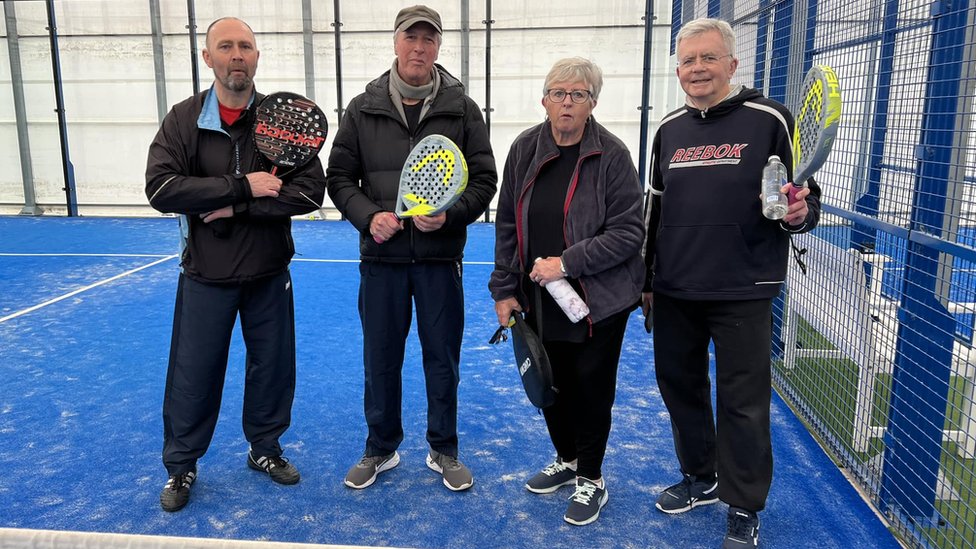 La padel to fight Parkinson's disease
La padel to fight Parkinson's disease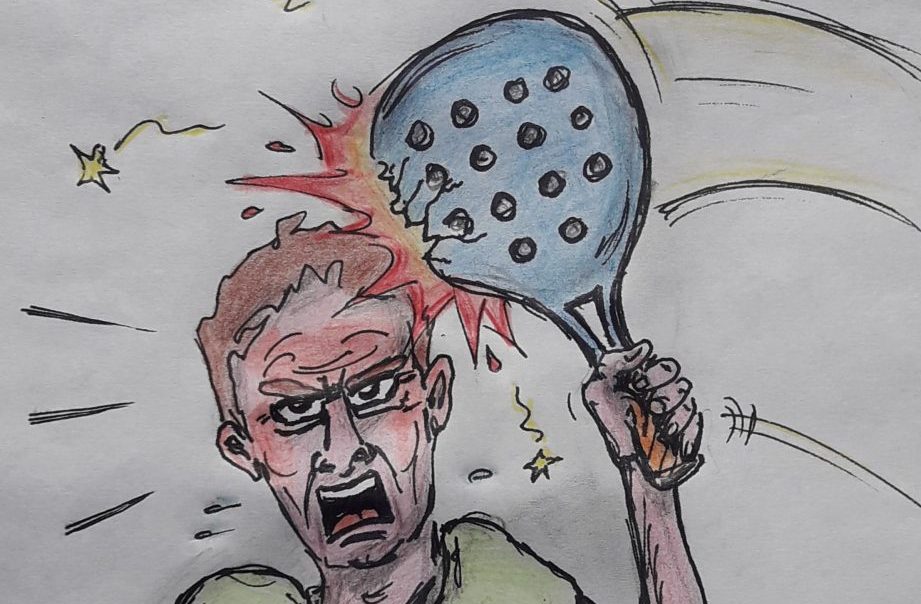 Don't play with a cracked or broken racket, your body will thank you!
Don't play with a cracked or broken racket, your body will thank you! Michel Cymes: “The padel, physically, it’s serious!”
Michel Cymes: “The padel, physically, it’s serious!”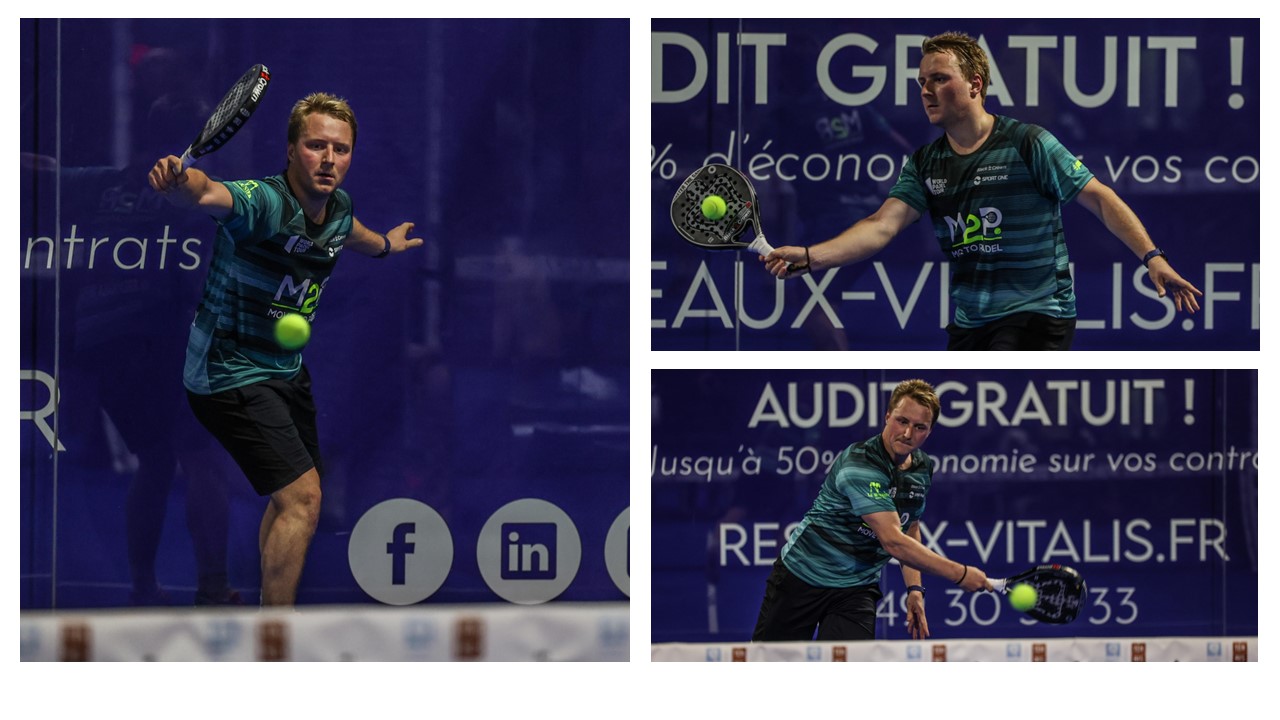 Jeremy Gala: “Promote the padel among young people in Belgium remains a challenge”
Jeremy Gala: “Promote the padel among young people in Belgium remains a challenge”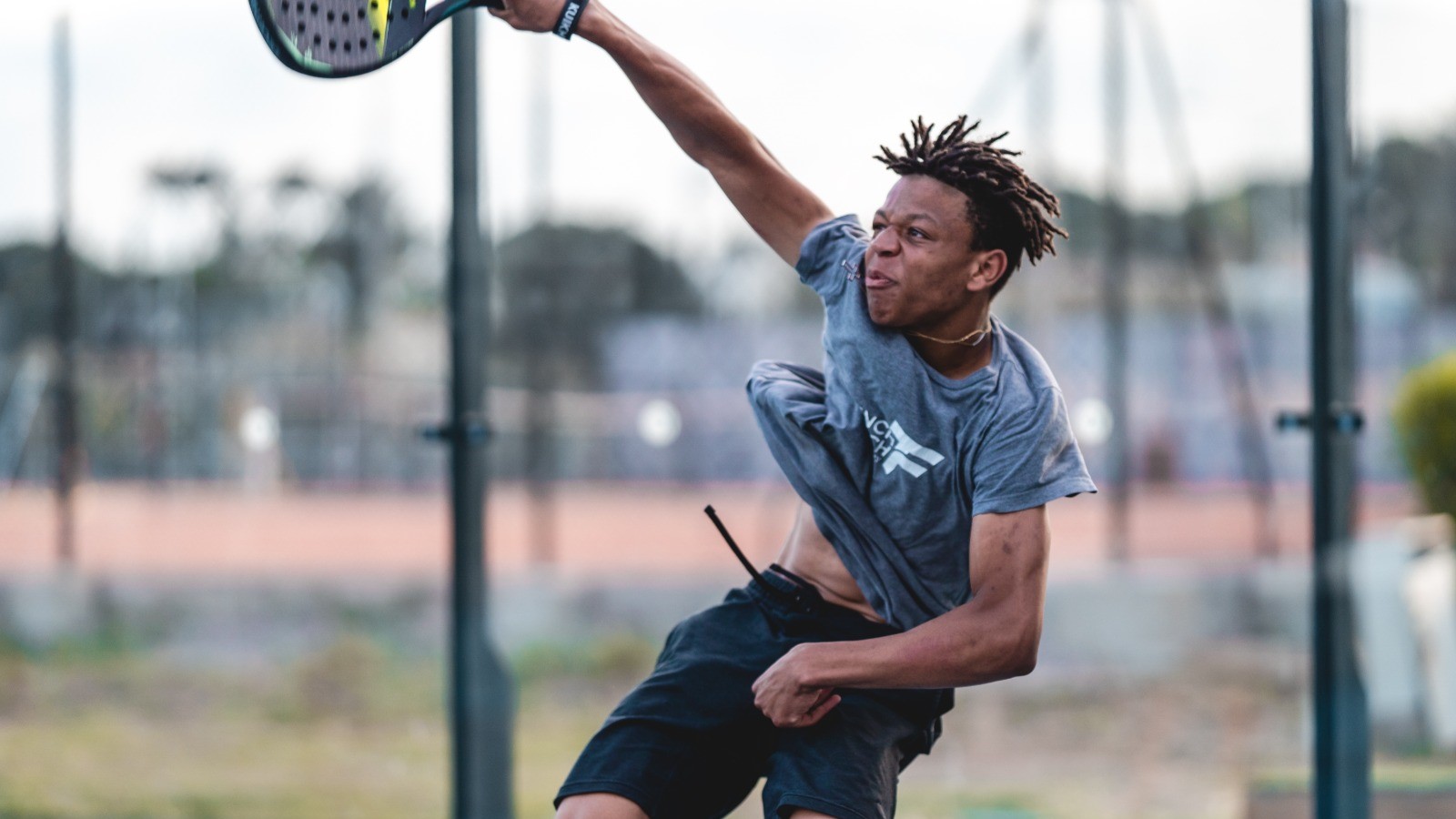 The French Touch Academy organizes its selection day Padel-Study
The French Touch Academy organizes its selection day Padel-Study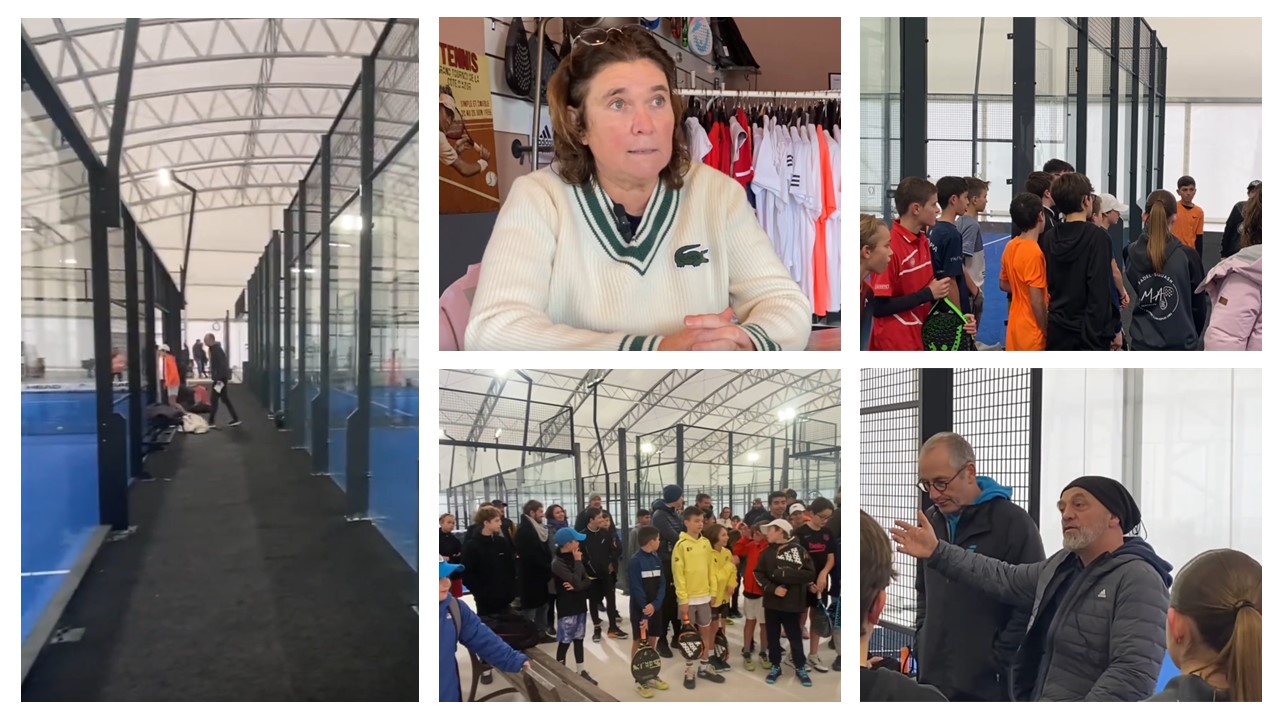 Report on the detection and training of younger generations
Report on the detection and training of younger generations